Class of 2023 Fellows
Christina Breitbeil
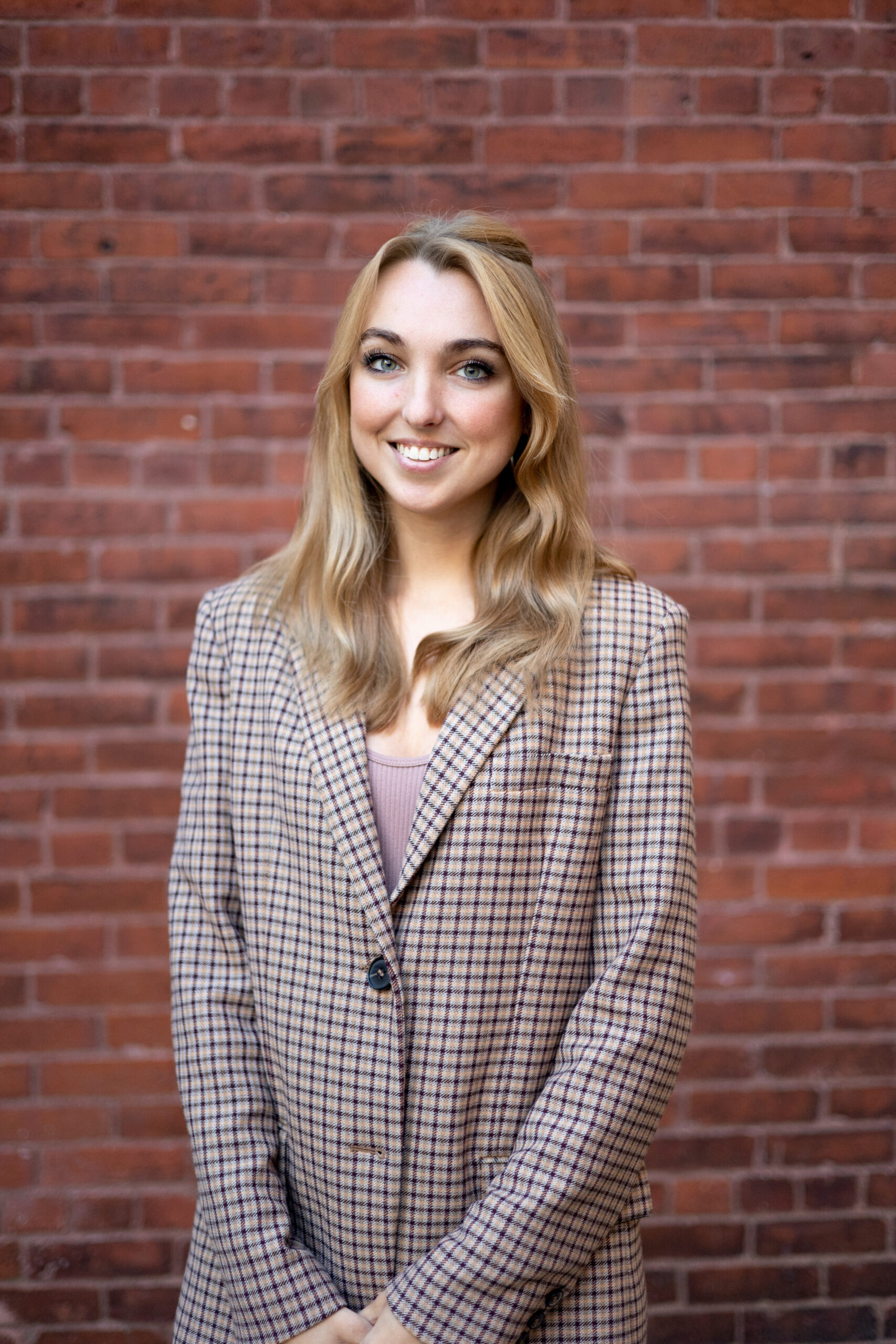
I came to law school to learn how to practice legal advocacy in the areas of education and juvenile justice, and I plan ultimately to devote my career to these areas. Before law school, I was a teacher in Brooklyn, and before that, I worked with local high school youth while completing a thesis on education policy. These experiences made clear that there are system-level barriers to accessing an education that is not only academically sufficient, but that also enables school to be a safe and supportive environment.
As a 2L at HLS, I was particularly impacted by the opportunity to help support youth students in the planning and execution of the Youth Summit in April 2022. In this work, I learned about the collective power of youth voice and the role we as adults can play in both listening to and supporting youth in their advocacy. This has informed my interest in opportunities to work eventually with youth to support youth-led movements and youth activism.
Molly Crane
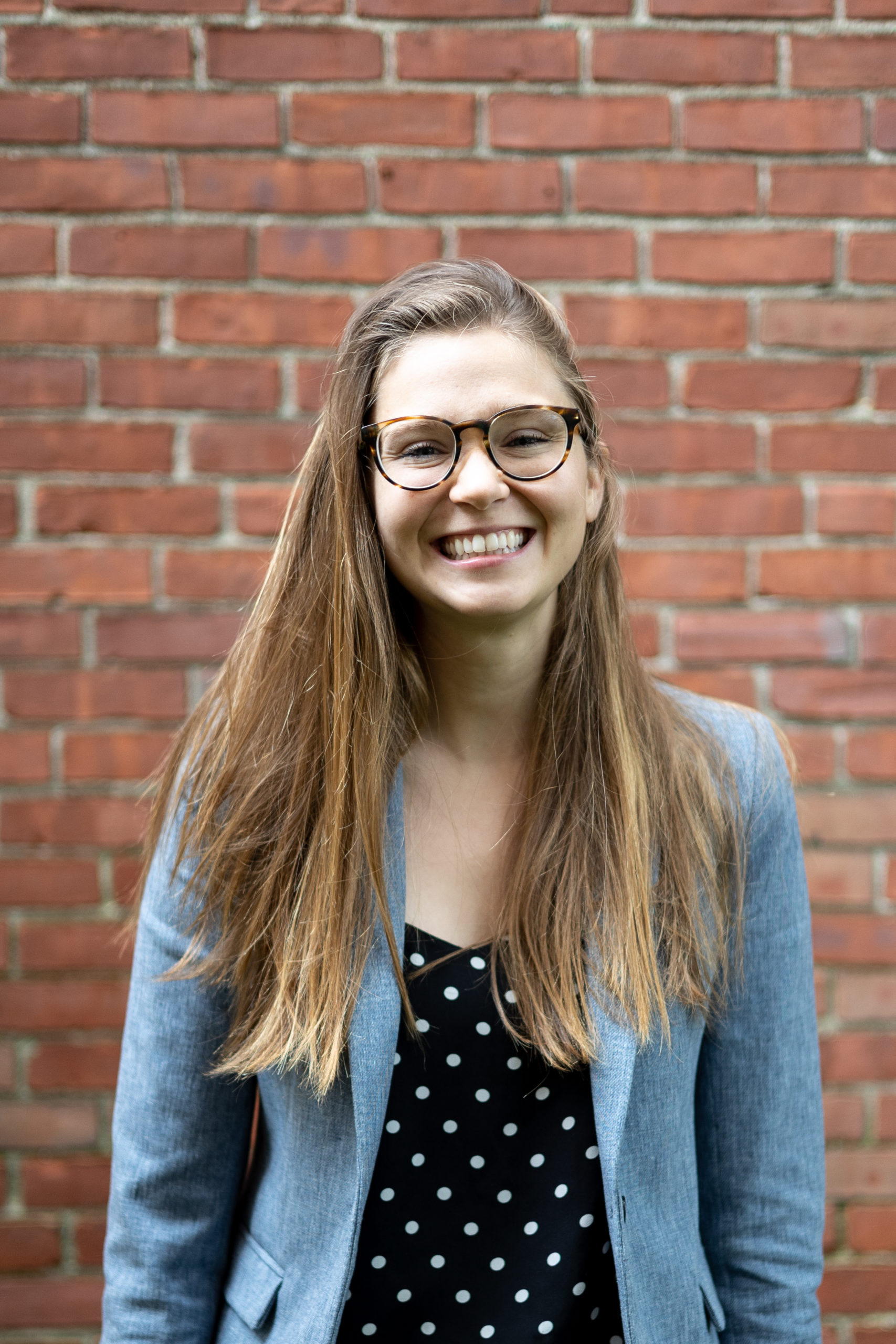
I am a joint JD/MPP student who is committed to advocating alongside young people impacted by the criminal punishment system. I come to the Youth Advocacy Fellows program from a background in providing holistic criminal defense, special education representation, and college courses for young people held behind bars. At HLS, I am on the Executive Board of Harvard Defenders and the Editorial Board for the Harvard Civil Rights-Civil Liberties Law Review, and participated in the Child Advocacy and Crimmigration clinics. I am honored and grateful to learn from the Fellows program, and continue centering youth voices in pursuing intersectional justice!
Brian Dezurick
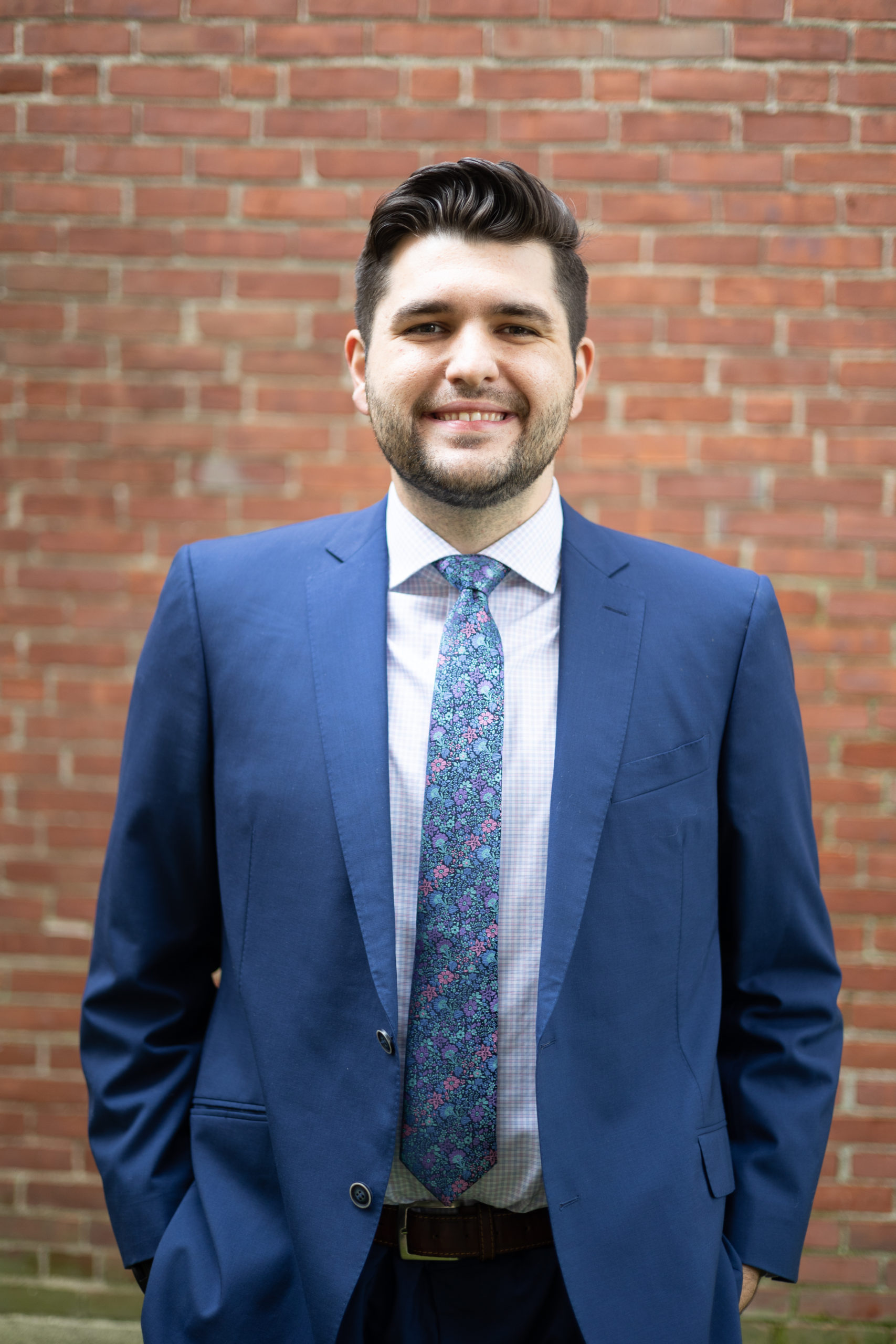
Early in high school, I had one teacher who recognized that I had unique needs and took an interest in helping me reach my full potential. That one teacher set my entire life on a dramatically different course. Without that teacher, I can confidently say that I would not be at Harvard Law School or any law school, for that matter. I know that in a child’s life, one class, one year, and one teacher can make all the difference. Originally, I thought I wanted to be a teacher to provide this type of support to students in school. However, after observing one for a semester while I was in college, I realized that so much impacts a child’s ability to succeed in school before they even get to the classroom. So I changed course, deciding to become a lawyer. And I hope to use my law degree to help the most vulnerable students receive the support they need, to hopefully set their lives on a different course before leaving the public school system.
Rowan Hong
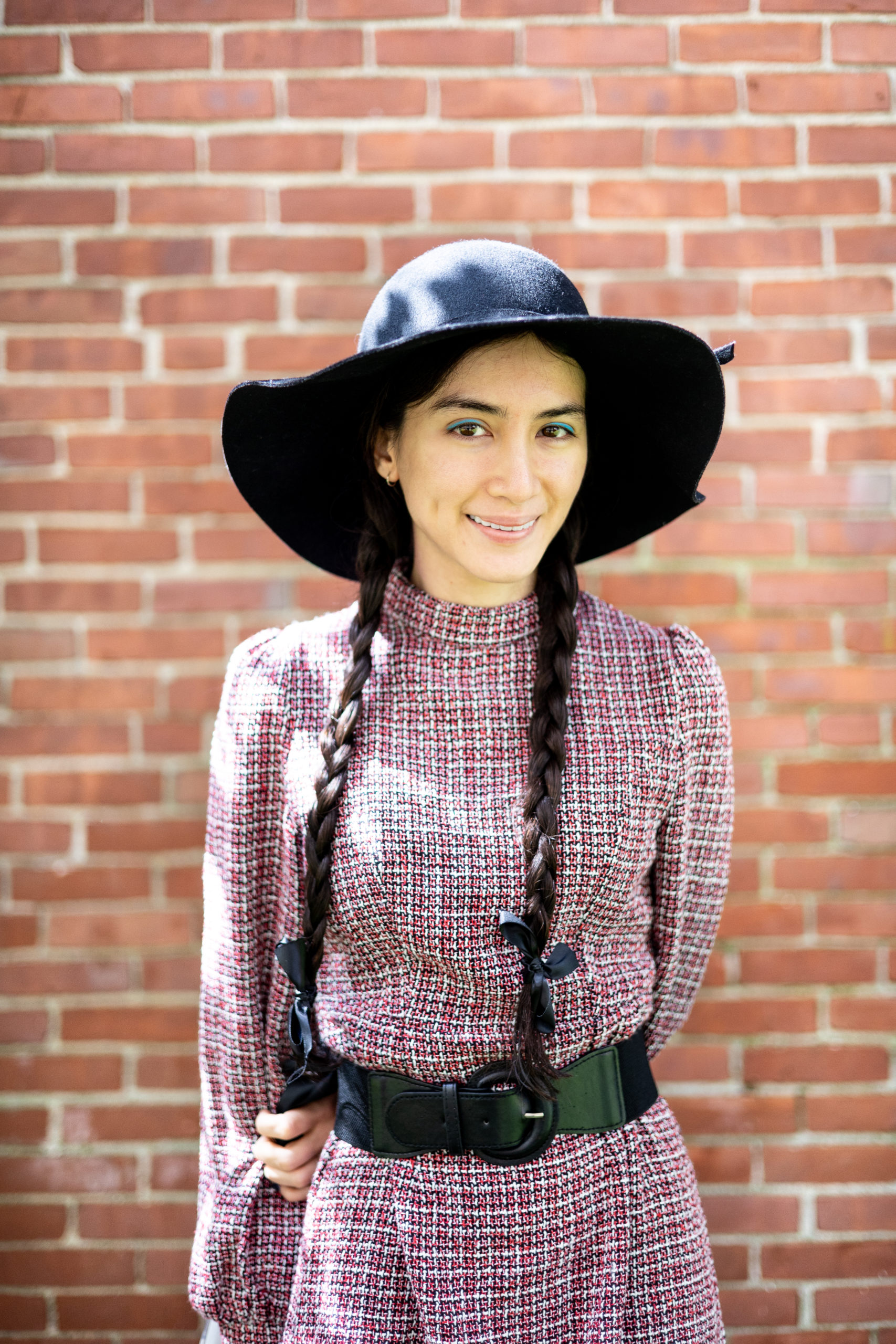
I came to law school to become the advocate I needed when I was a child. My goal has not changed. While my exact post-law school plans remain uncertain, what is certain is that I will be devoting my life and career to child advocacy. The Youth Advocacy & Policy Lab (Y-Lab) has been helping me to explore the many exciting career possibilities in this field and has given me invaluable advocacy tools to build a better future for children wherever I go. I am passionate about serving system-involved youth, child refugees and asylum seekers, children impacted by abuse and exploitation, and low-income children and families. Since coming to law school, I have had the immense privilege of working with frontline advocates on youth-impacting issues as diverse as human trafficking and racially disproportionate school suspensions. Y-Lab has given me the space to reflect upon my experiences and place them within the context of the overlapping juvenile justice, child welfare, and education systems. The Y-Lab Fellows Program is an oasis in the seemingly endless Big-Law desert. My Fellows advisor, Crisanne, has been absolutely indispensable in helping me navigate law school. What I’m most looking forward to this year is getting to spend time with like-minded law students in the fellows program and learning more about the complex psychological, social, cultural, economic, and legal forces shaping children’s lives.
Elbert Liang
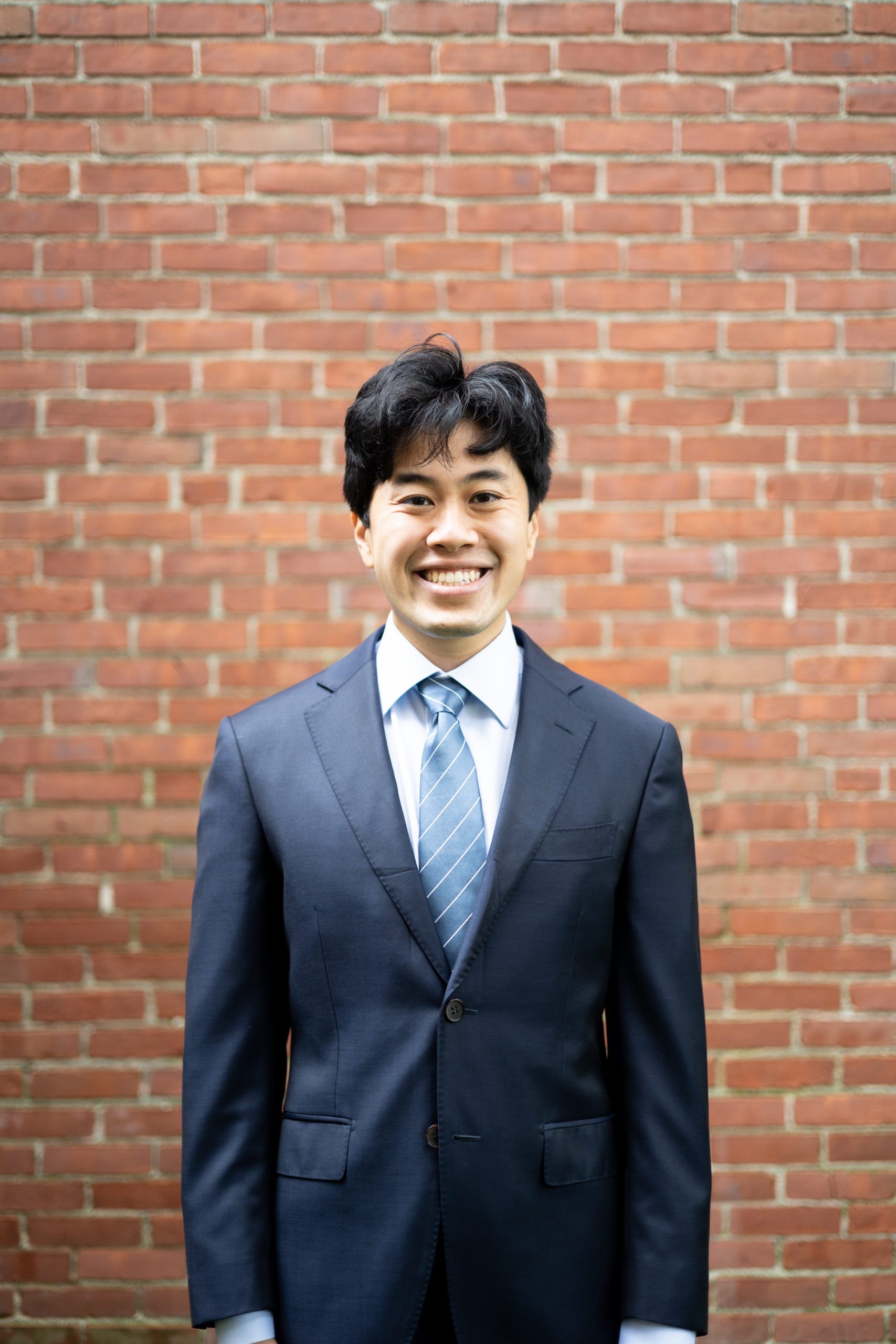
The Youth Advocacy Fellows Program gives me the opportunity to learn about youth advocacy by challenging me to think more deeply about the human issues at stake, and about how the education system interacts with all the different systems and communities that it touches.
My family made a life for itself through the pathways of education. I knew what education had done for my family, but I knew, as well, how rare that opportunity was. I came to law school to help create a more compassionate and accessible educational system so that every child can have a chance at the life that they all deserve.
Graham Lowder
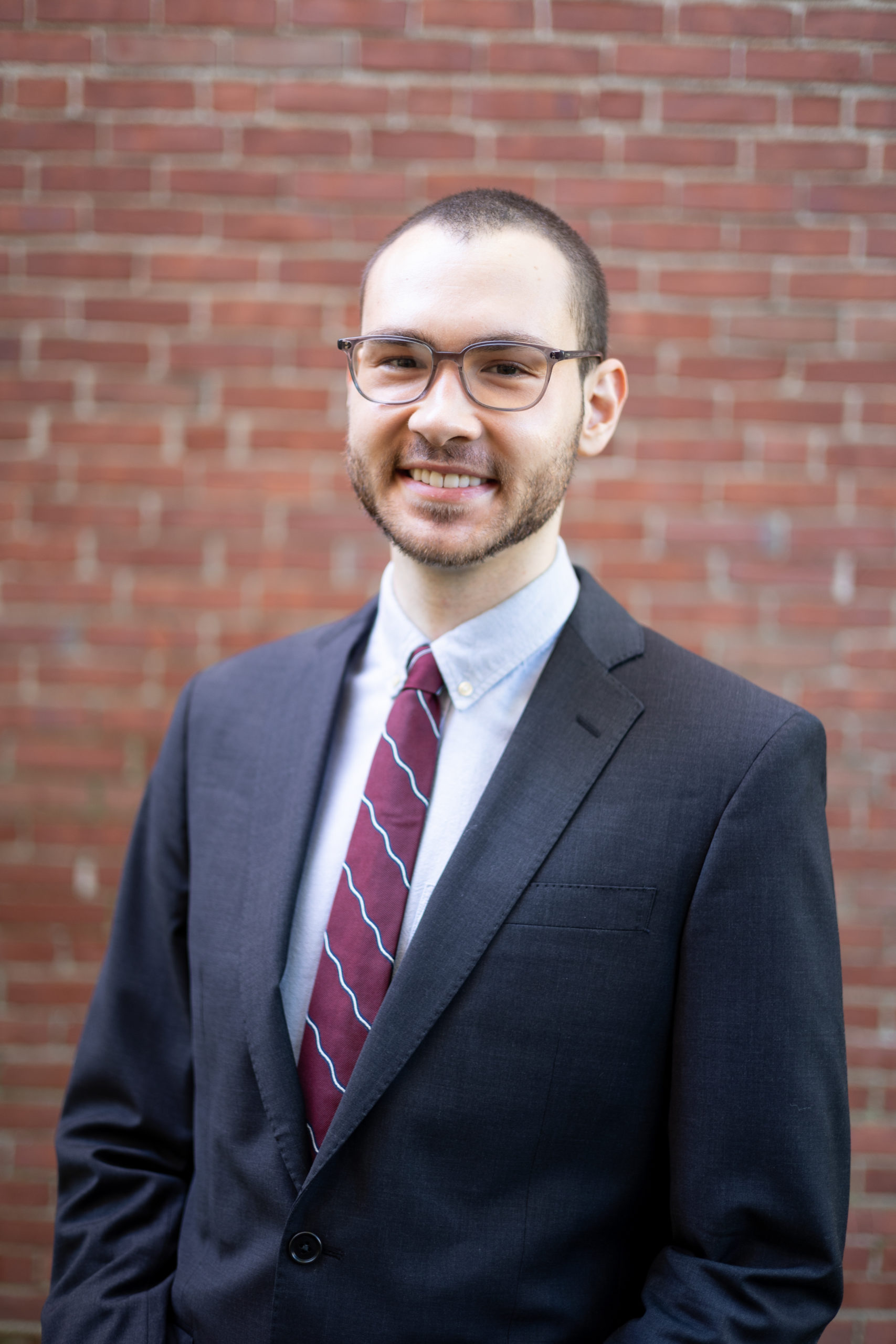
I am part of the Youth Advocacy & Policy Fellows (Y-Lab Fellows) Program because, in my time working in public defense, I’ve seen how children are particularly harmed by the criminal legal system and the carceral state. As an aspiring juvenile public defender, I hope to use my privilege to fight for juveniles during a moment of acute vulnerability, and to tackle the structural inequities ingrained in juvenile systems. I believe the Y-Lab Fellows Program helps me continue building the skills, knowledge, and understanding necessary for my future career. And I’m particularly drawn to the program’s multifaceted approach to juvenile advocacy. Although my experience has largely focused on the criminal legal system, I know that effective advocates cannot pigeonhole themselves into specific doctrinal silos. With children especially, entanglement in legal systems is rarely isolated. A child facing criminal charges often faces other obstacles in their family life, their education, and in accessing basic resources. Because a holistic approach is essential to meaningful advocacy, I’m drawn to the Y-Lab Fellows Program’s focus on different child-facing legal systems and the interactions between them. Learning how to navigate those systems will help me fight for my future clients both in the courtroom and beyond. In short, I believe my participation in the Y-Lab Fellows Program gives me concrete experience working with juveniles and helps me develop the skills and knowledge I seek to use in my career as a juvenile public defender. It also allows me to continue developing my scholarly interests by pursuing research I hope to use during my clerkship on the North Carolina Supreme Court. And it gives me the chance to build relationships with similarly passionate students and faculty—relationships I hope will prove valuable during my career in juvenile justice.
Katie Martinez
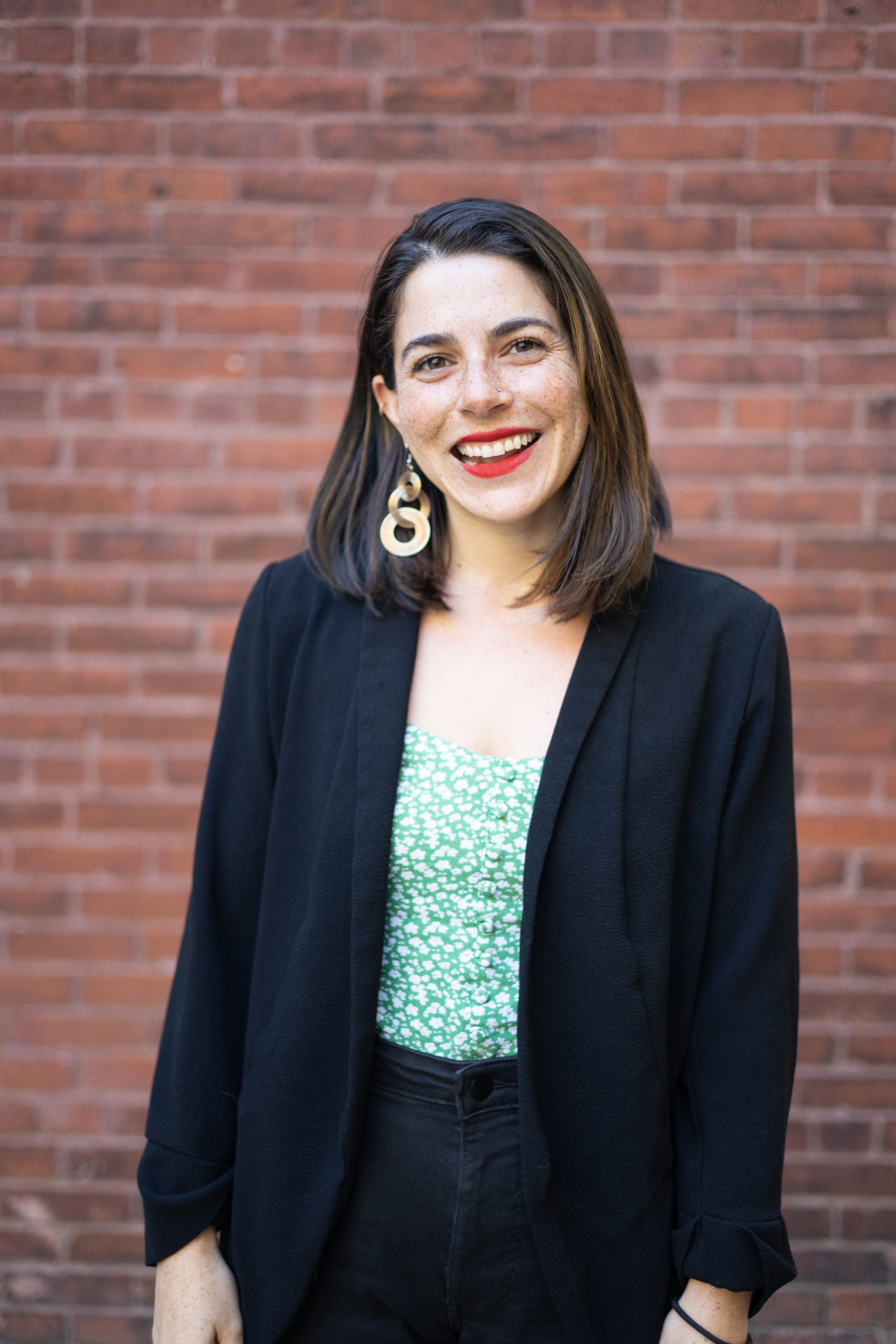
The Youth Advocacy Fellows Program is deeply aligned with my career goals. My career goal is to advocate on behalf of young people who are harmed in a myriad of ways by their interactions with the criminal system. After graduation, I will serve as a fellow at School Justice Project, a non-profit organization in D.C. that advocates for court-involved young people with disabilities. As a fellow, I will establish the first permanent special education legal desks in DC detention centers to provide legal advice and trainings to incarcerated young people. Nearly all of the young people detained in DC are people of color and come from poor/low-income families. Through special education law, I hope to help remove obstacles for these clients so that they have the opportunity they deserve to thrive. To that end, I would like to gain as much exposure as possible to legal issues specific to young people, with a focus on the intersection of the criminal and education systems. I have already learned so much from my previous Y-Lab courses and would like to help create a supportive environment for other students entering the field.
Alyssa Milstead
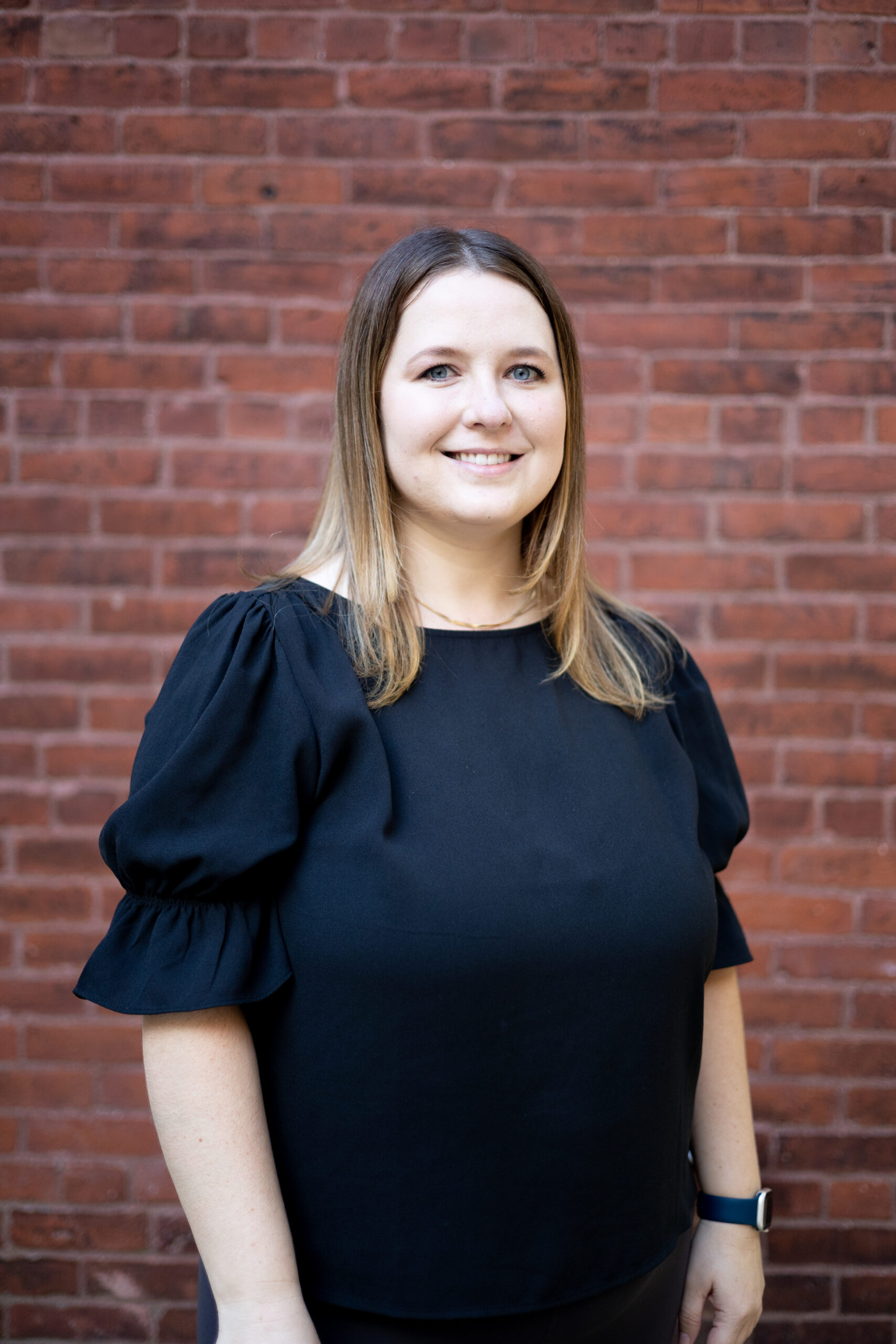
I am a firm believer in public education: I believe that our public education system should be preserved and can be changed for the better. Last year, I participated in two Education Law clinics, and they were among my most meaningful experiences at HLS. Those experiences affirmed my desire to devote myself to education law and policy, and I am confident that the Program will give me opportunities to grow and learn. I hope to use this Program to continue envisioning my future career and thinking through the strategies vital to achieving enduring system improvements and change. I am excited to join this community and network of HLS students, faculty, staff, and alumni who are devoted to improving our country’s child-facing legal systems.
Rachel Niegelberg
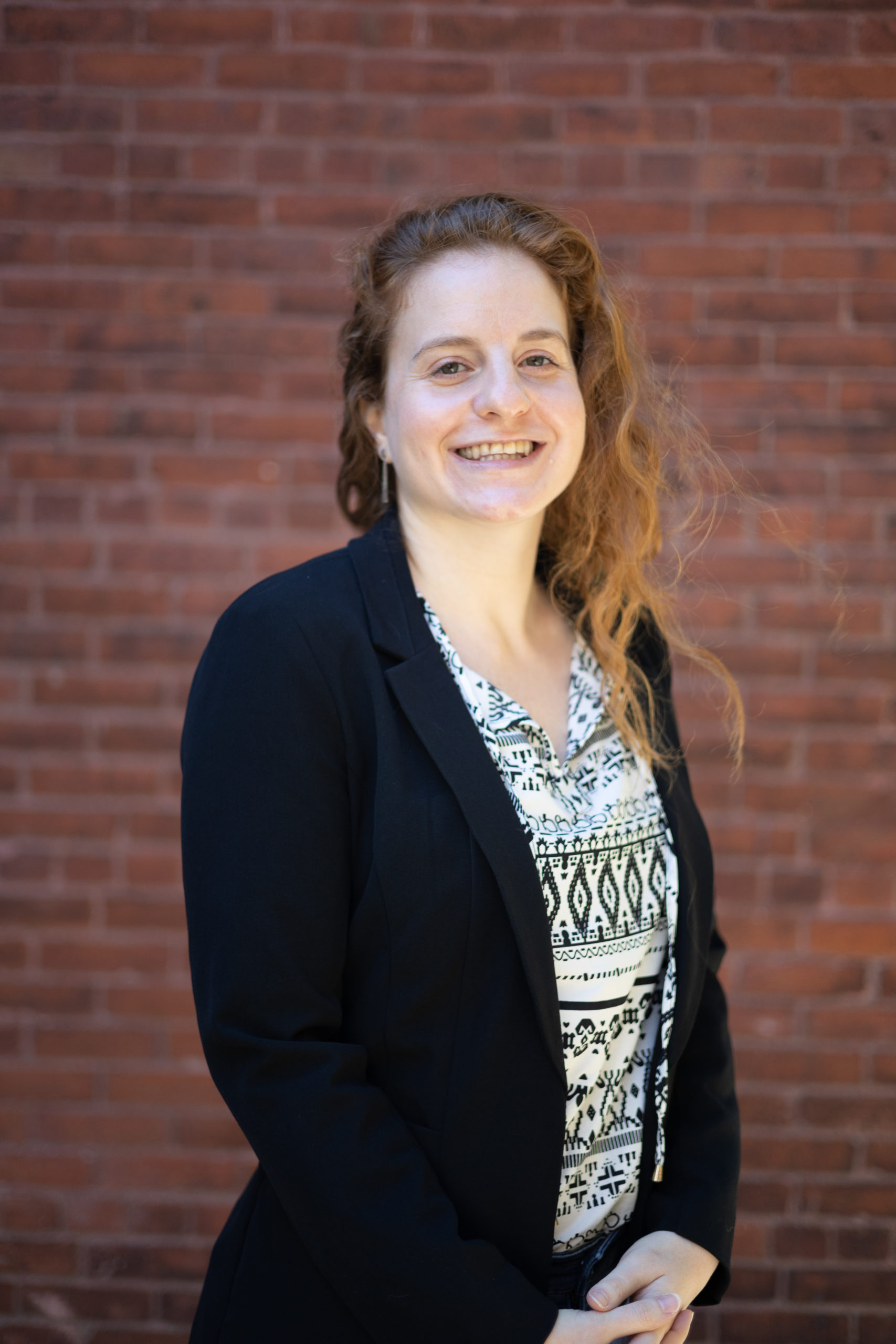
After ten years as an educator in New York public schools and witnessing the inequities facing my students with disabilities, I came to law school with the intention of pursuing education law and I’m grateful to have been able to tailor my learning towards my goals of supporting students and their families. The Youth Advocacy Fellows program will allow me to dive even deeper into the field of children’s law by building community with other students and faculty members who are dedicated to advocating for young people. The Fellows Program promotes collaboration, a well-rounded knowledge base of law affecting children, and opportunities for leadership. I appreciate the program’s focus on helping to synthesize all of the information I’ve learned and all the experiences I’ve had surrounding children’s law to help me better develop my theory of change as I move forward in my career. After graduation I will be working as a fellow at the Children’s Law Center in DC, providing direct representation for low-income families of students with disabilities who need advocacy to secure their education rights. Participation in the Youth Advocacy Fellows Program aligns perfectly with the work I will be doing as I leave HLS and enter the broader child advocacy legal community.
I have come to understand that child advocacy is the Sun of my personal and career passions, and my goal is to find opportunities that orbit that Sun. The Youth Advocacy Fellows Program provides me with a path to follow throughout my HLS experience and help me to chart the way for my career, all while keeping child advocacy in the center of focus. I also believe that the 1:1 mentorship opportunities with professors and other students will allow me to grow as a thinker, questioner, and change maker. Getting the opportunity to share my ideas and have them challenged, and to hear ideas from other people, allows me to expand my understanding of child advocacy systems. Lastly, the capstone project that comes with the CAP Fellowship, and the guidance in pursuing that project, is an invaluable addition to my education at HLS and allows me to synthesize so many ideas about system change.
Elizabeth (Liz) Walsh
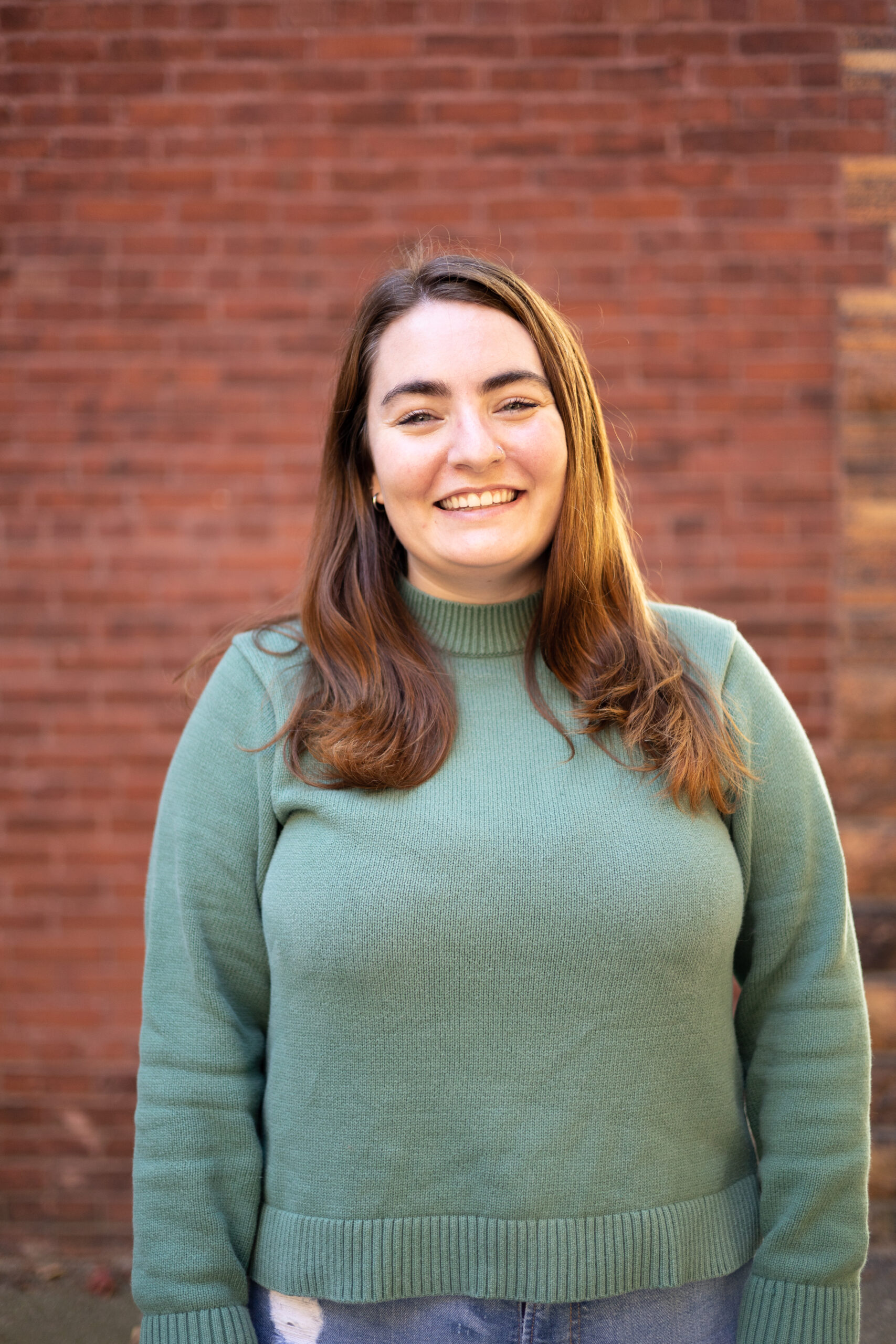
Before law school, I spent seven years working as a teacher in urban schools and as an education policy maker at the state level. I came to Harvard Law to work toward ending the inequities I witnessed within our educational systems as a teacher and leader. I am deeply committed to improving educational outcomes for all students. I am a Youth Advocacy and Policy Fellow because being part of a group invested in improving opportunities for children both inspires me and holds me accountable to my goals.
Class of 2024 Fellows
Vanessa Agudelo
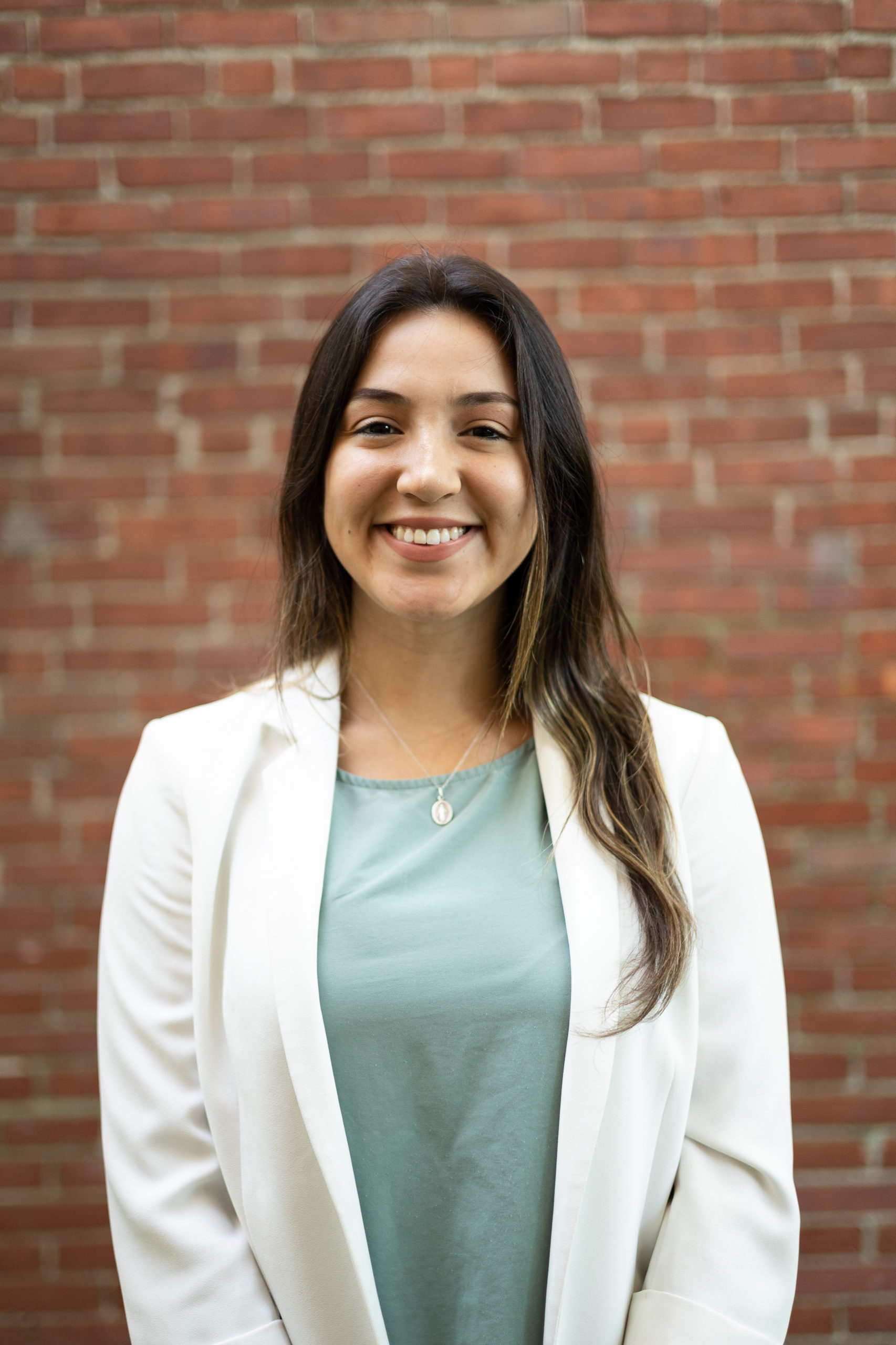
As an aspiring education lawyer, I am grateful to be a part of the Youth Advocacy & Policy Fellows Program which will allow me to pursue a cross-disciplinary legal education that will prepare me to address the various education challenges that children face, connect me with faculty and mentors who can help me navigate difficult career decisions, and provide a collaborative space for me to critically engage with my experiential learning experiences. Driven by my belief in the transformative power of education to reinvent, I am deeply committed to expanding educational access and equity for all students, particularly students of color and low-income backgrounds through impact litigation and legislative advocacy.
My interest in children’s rights stems from my own personal experiences. As a child growing up in a low-income, immigrant, Latinx household, I often found myself translating documents, bills, and even laws to my family. While I am grateful that the tremendous responsibility that I faced in helping my family navigate a foreign country fueled a strong passion for advocacy in me, I also recognize the need for a system that supports immigrant families and lets kids be kids.
Maleeha Chida
I hope to pursue a career in education law and youth advocacy, focusing on eradicating the inequalities that marginalized communities face in the education system and other systems that youth encounter. The Youth Advocacy Fellows Program is the perfect opportunity to work towards this goal. My interest in education law and youth advocacy stems from my experiences working with students before law school—in teaching and mentoring roles as an undergraduate and as a Fulbright English Teaching Assistant in Spain after college. I have continued to build on this interest in law school through coursework and experiential opportunities, including serving as an Advanced Clinical Student Attorney in Harvard’s Education Law Clinic. After my 1L year, I worked at the U.S. Department of Education’s Office of the General Counsel, and after 2L, I interned with the Brady Center to Prevent Gun Violence. I am excited to become involved in the Youth Advocacy Fellows Program to further immerse myself in the child advocacy community at HLS and develop my research interests through the capstone project.
Jack Donahue
As a Berkeley Law student, I had the incredible opportunity to take part in classes, extracurriculars, and a field placement experience centered on domestic violence and its manifold legal implications. I am exchanging to HLS largely because of the refined vision this work enabled me to gain of my future career: I aspire to advocate for children impacted by complex trauma wherever they interact with legal systems. As a survivor of childhood abuse from the welfare class, I seek to better understand the contours of systemic oppression as it constricts the youngest and most vulnerable amongst us.
I am humbled and grateful to learn alongside my peer Y-Lab Fellows. I am most eager to discover how to best center youth voices in work towards intersectional justice and where I might be able to make the most meaningful impact as a junior child welfare attorney.
Luna Floyd
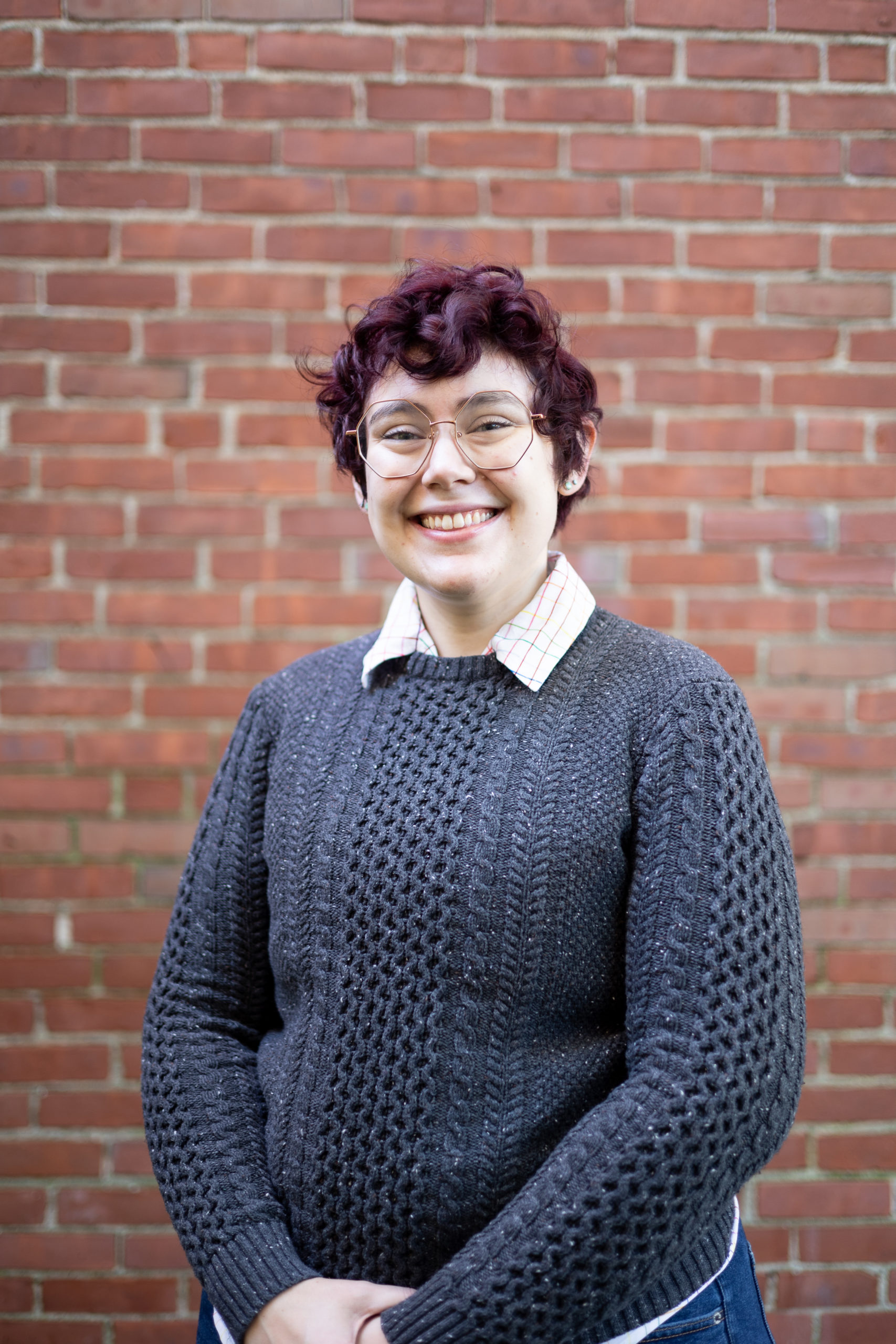
I plan to spend my career working on impact litigation for LGBTQ children in the education and child welfare sphere. Many LGBTQ organizations seem to focus on LGBTQ children as a specific population, rather than seeing child welfare as a space where LGBTQ children are overrepresented and understanding that reforms help every child, out or not. I think keeping myself balanced between LGBTQ work and child advocacy will make me a stronger advocate. As a Y-Lab fellow, I hope to build community among advocates, especially those with lived experience of the issues we work on.
Arjun Gananathan
I am a third-year student at Harvard Law School, interested in protecting and empowering youth in the criminal justice context. At HLS, I have been involved with the Child Advocacy Clinic, the Prison Legal Assistance Project, and the Criminal Justice Institute. I am also an Editor-in-Chief of the Harvard International Law Journal. Adults expect youth to demonstrate exceptional bravery and resilience every day. Yet, when our systems fail our children, we often resort to punishment. When our children tell us that our systems are failing them, we rarely listen. I feel privileged to contribute to the progressive, youth-led advocacy that underpins the Harvard Youth Advocacy & Policy Lab.
Kristen Gourrier
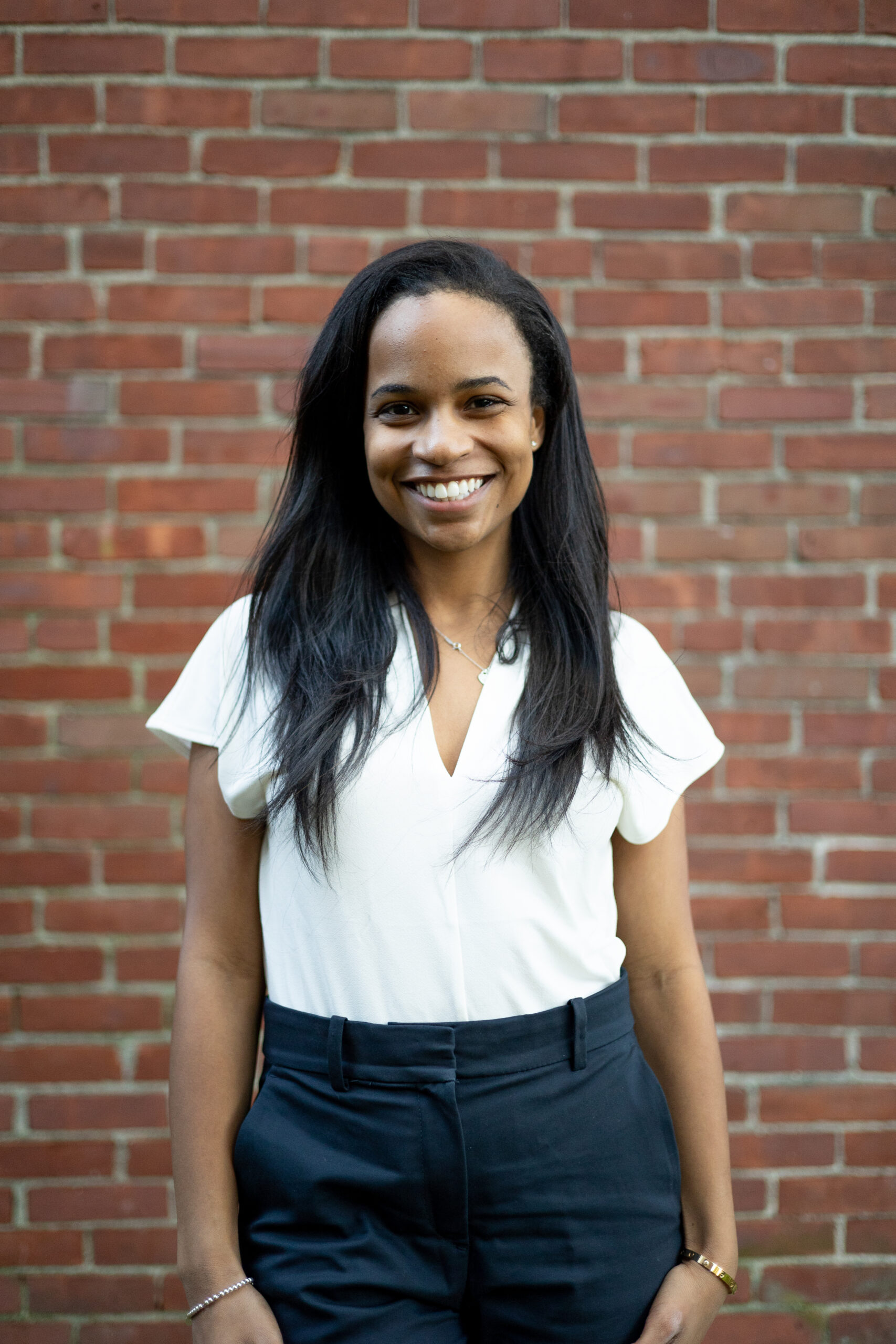
Learning to advocate on behalf of children in the family courts and beyond is one of the main reasons that I came to Harvard Law. I developed a passion for work with children – especially the disadvantaged and/or marginalized – as a natural outgrowth from the service work that I performed as an NYU undergraduate. As a Black woman, I knew that I wanted to study political science with a focus on the history and advancement of African-American populations. It quickly became apparent that a focus on children is fundamental to the ability of any community to progress in societal standing. I learned intimately that without basic provisions, familial stability, and access to quality education (to begin with), it is difficult for children to flourish and build strong communities in the future. I’ve focused much of my work and studies on these issues as they relate to Black children and all children. I know that I will continue this work in my career as an attorney, if not as a child advocate per se then through pro bono.
Gabrielle Grossman
Before law school, I worked as an instructor for students experiencing literacy difficulties in low-income public schools in New York. My time working with kids inspired me to pursue a career centered on youth and family empowerment to understand and exercise their children’s rights in school, while navigating a complicated and often inaccessible educational legal landscape. Throughout law school, I have explored a variety of avenues for juvenile justice and youth/family empowerment. I spent my 1L summer working for a juvenile rights organization representing kids in family court and spent 2L with Pine Tree Legal Assistance working with kids in need of educational advocacy.
After law school, I hope to continue working with young people and their families to ensure their rights are protected in the child welfare and education systems, as well as within other public and governmental institutions. I am so excited to be a part of Y-Lab and to connect with my peers and faculty who share my interest in litigation, policy advocacy, and direct representation for young people facing diverse sets of systemic injustices.
Fatema Jaffer
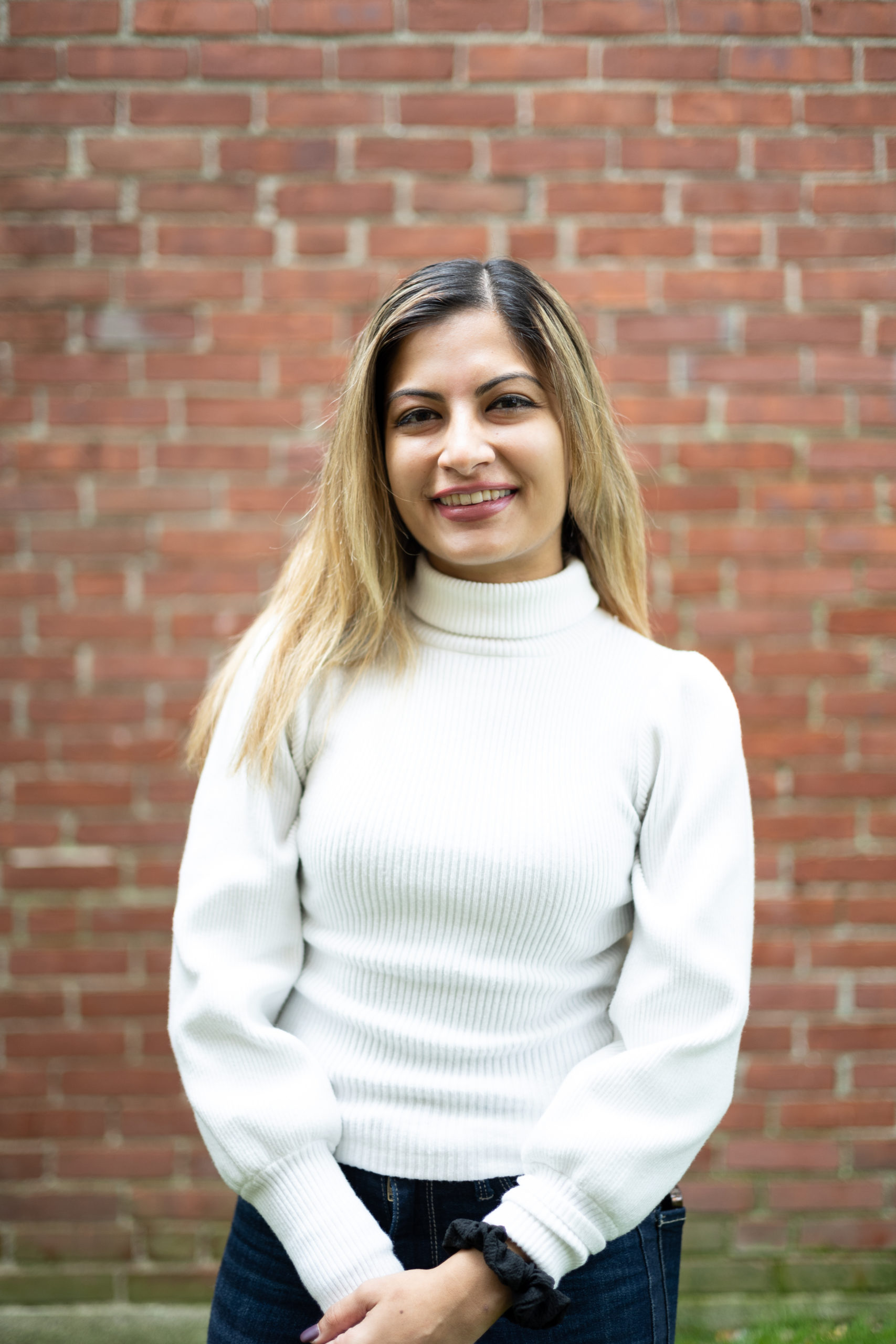
As a public school teacher, the school-to-prison pipeline was evident though district-enforced rules and state-controlled curriculum. My students—majority of whom were Black and Brown—suffered each day with the realities of the policies and precedent that occupied our district. They missed weeks of their education for either wearing ripped jeans or carrying knives in their backpack to protect themselves on their walk home, and they believed their punishments for these actions were both deserved and definitive of their futures. Witnessing the early stages of children identifying themselves as criminals was my push to go to law school-I wanted to learn this system well enough to change it. By immersing myself in a program where my peers have the same passion for child advocacy as I do, but may have expertise in areas where I do not, I can develop a deeper level of knowledge in the different systems that intersect with education; thus, becoming a better advocate for children during law school and beyond.
Hoyeon (Kelly) Lew
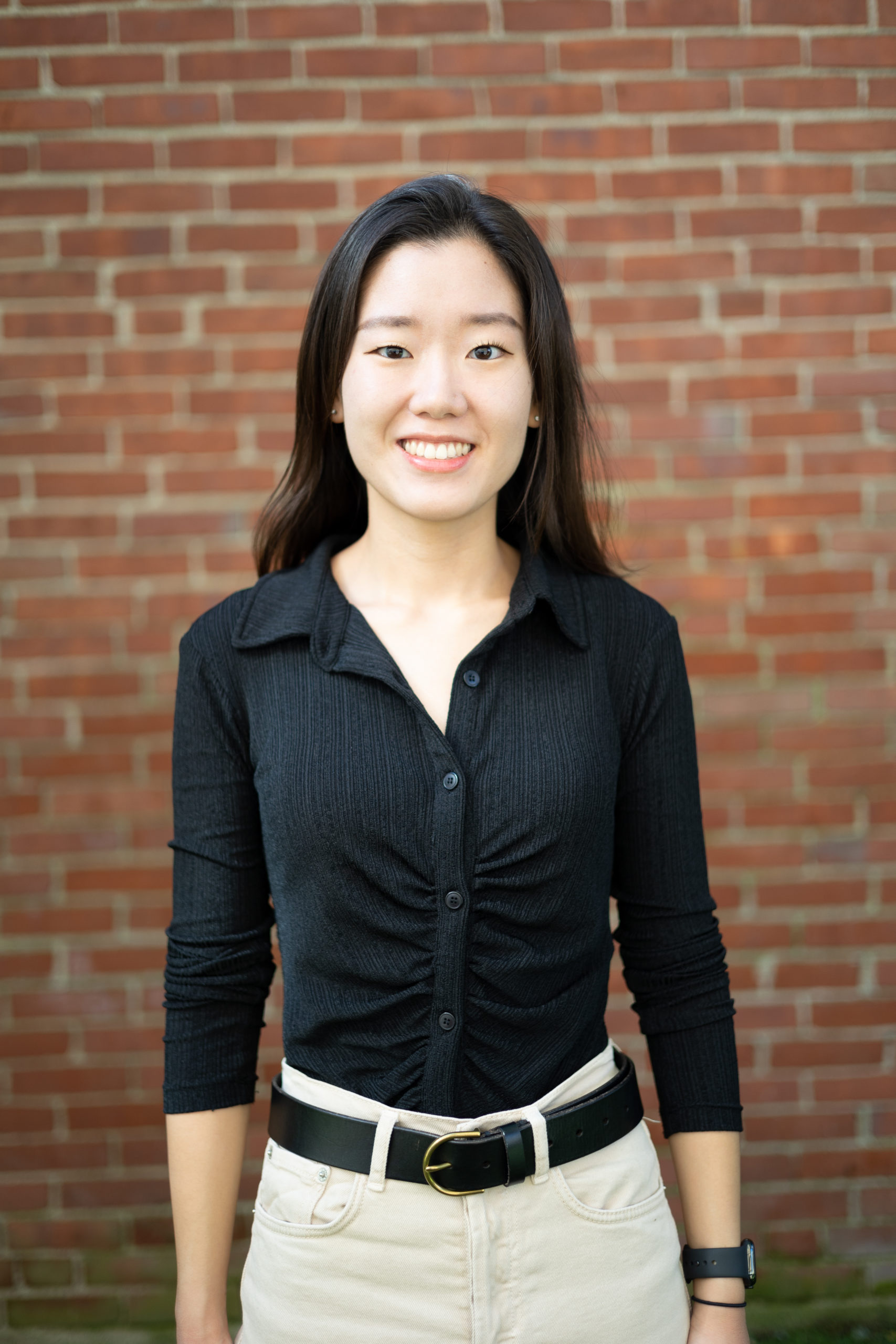
My decision to attend HLS was partly informed by the breadth of opportunities related to child and youth legal issues. The Youth Advocacy Fellows Program further enhances those opportunities for me by providing with a personalized curriculum, connections with fellow-minded students, and structured mentorship. Participating in the program is an invaluable opportunity to learn more about client-oriented legal practice and impact litigation-career paths that I am interested in pursuing after law school. During my two remaining years at HLS, I would like to explore the variety of approaches and topics that are being utilized today in child-facing legal systems. I’d like to take the skills that I gained before law school, primarily in trauma-informed advocacy and in-classroom teaching, and apply them to legal frameworks. I’m also excited by the opportunity to complete a capstone project and synthesize the information I’ve gained through the program.
Michel Li
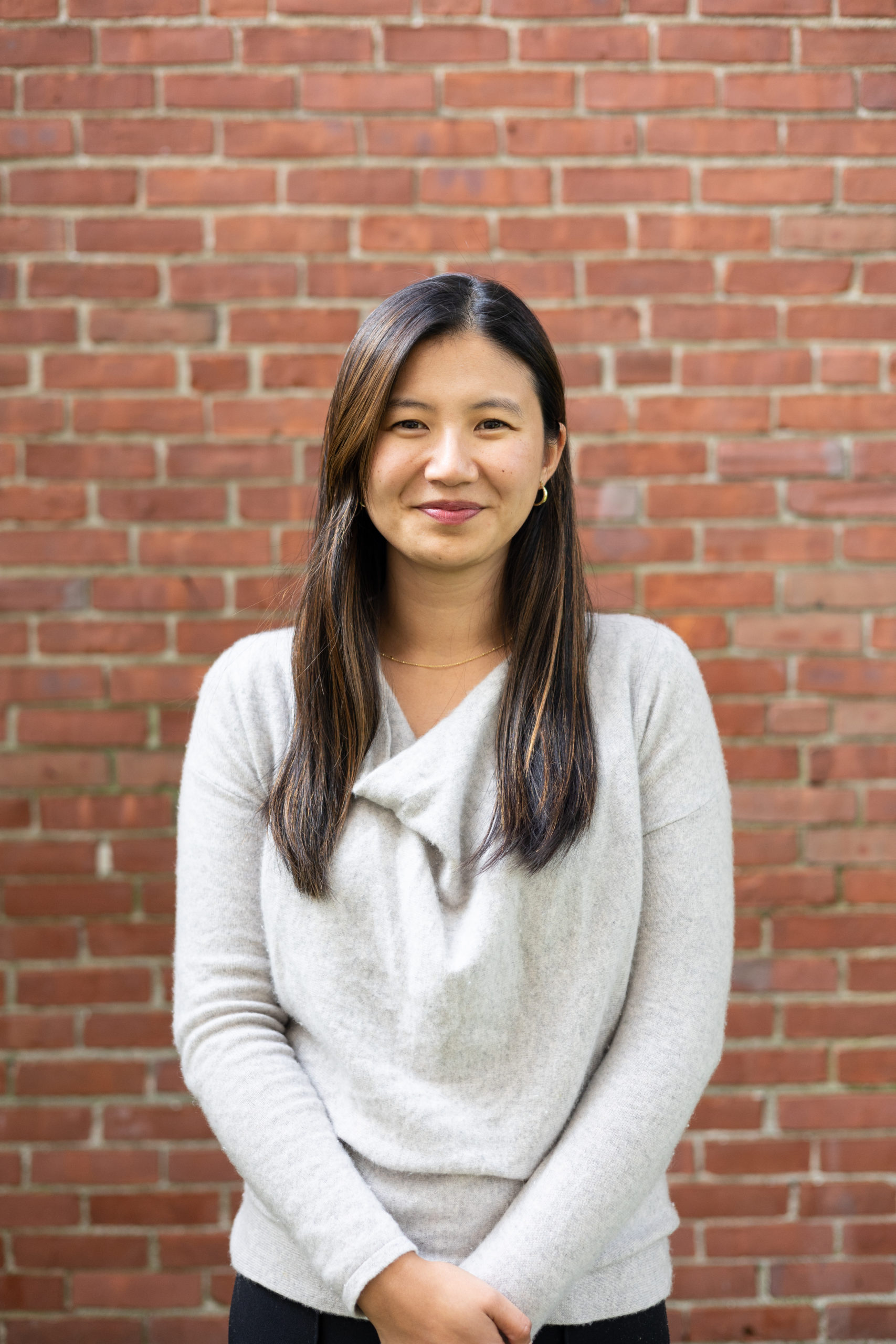
Coming to HLS after having taught at a neurodiverse elementary school, I knew that I had strong interests in disability law and education law. Participating in the Youth Advocacy Fellows Program poses an unparalleled opportunity to expand my knowledge of other legal systems that children encounter. I hope to become the kind of youth advocate who has a solid understanding of all the child-facing legal systems, in order to become the best holistic service provider that I can be. I am extremely excited about the network of faculty and student support that is offered by the program. Working as a child advocate is hard – both emotionally and legally; I am lucky to be surrounded by people passionate about the work and willing to support one another personally and professionally.
Raquel Maldonado Navarro
Brenna Phillips
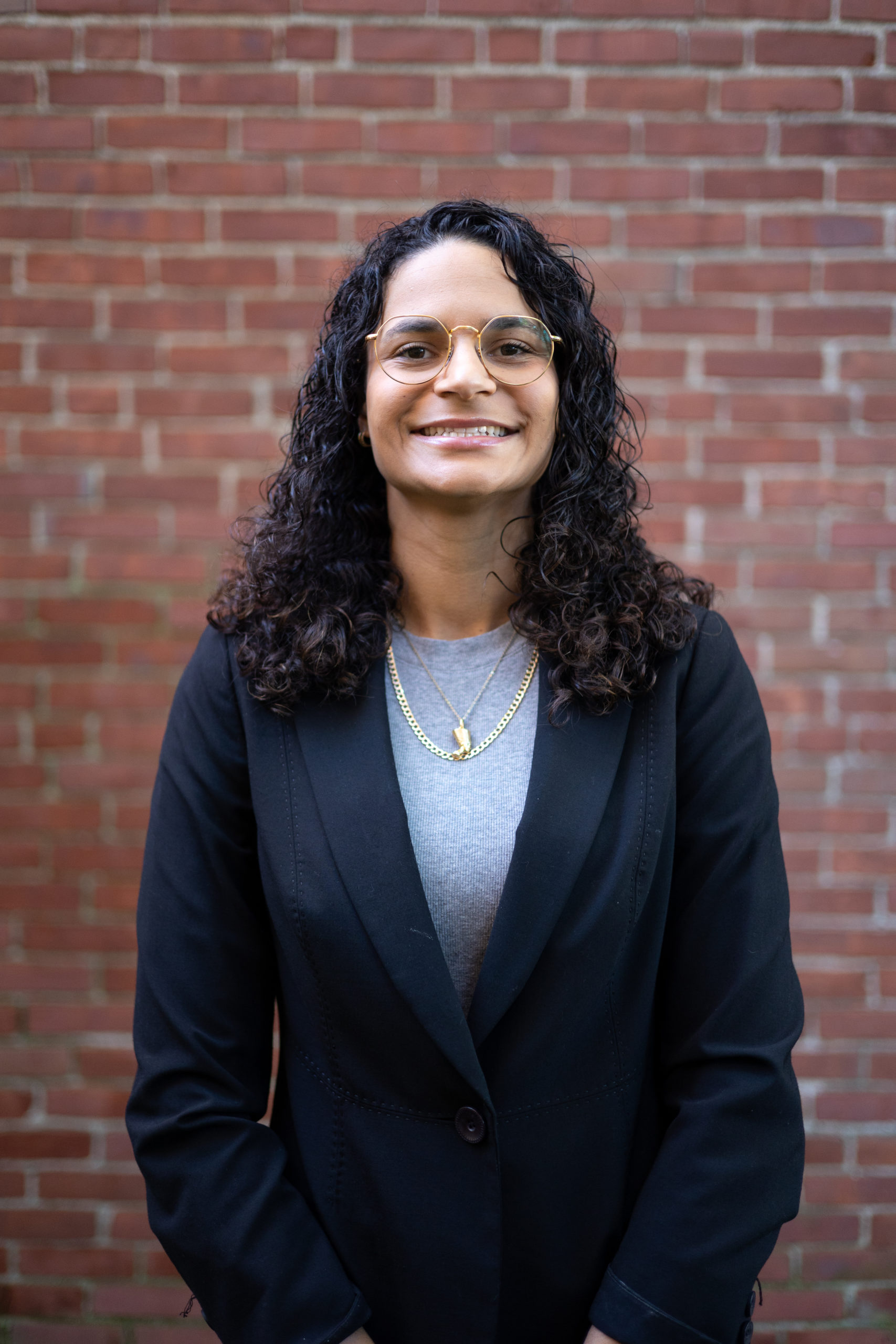
I have come to understand that child advocacy is the Sun of my personal and career passions, and my goal is to find opportunities that orbit that Sun. The Youth Advocacy Fellows Program provides me with a path to follow throughout my HLS experience and help me to chart the way for my career, all while keeping child advocacy in the center of focus. I also believe that the 1:1 mentorship opportunities with professors and other students will allow me to grow as a thinker, questioner, and change maker. Getting the opportunity to share my ideas and have them challenged, and to hear ideas from other people, allows me to expand my understanding of child advocacy systems. Lastly, the capstone project that comes with the CAP Fellowship, and the guidance in pursuing that project, is an invaluable addition to my education at HLS and allows me to synthesize so many ideas about system change.
Nicoly (Nikki) Santos
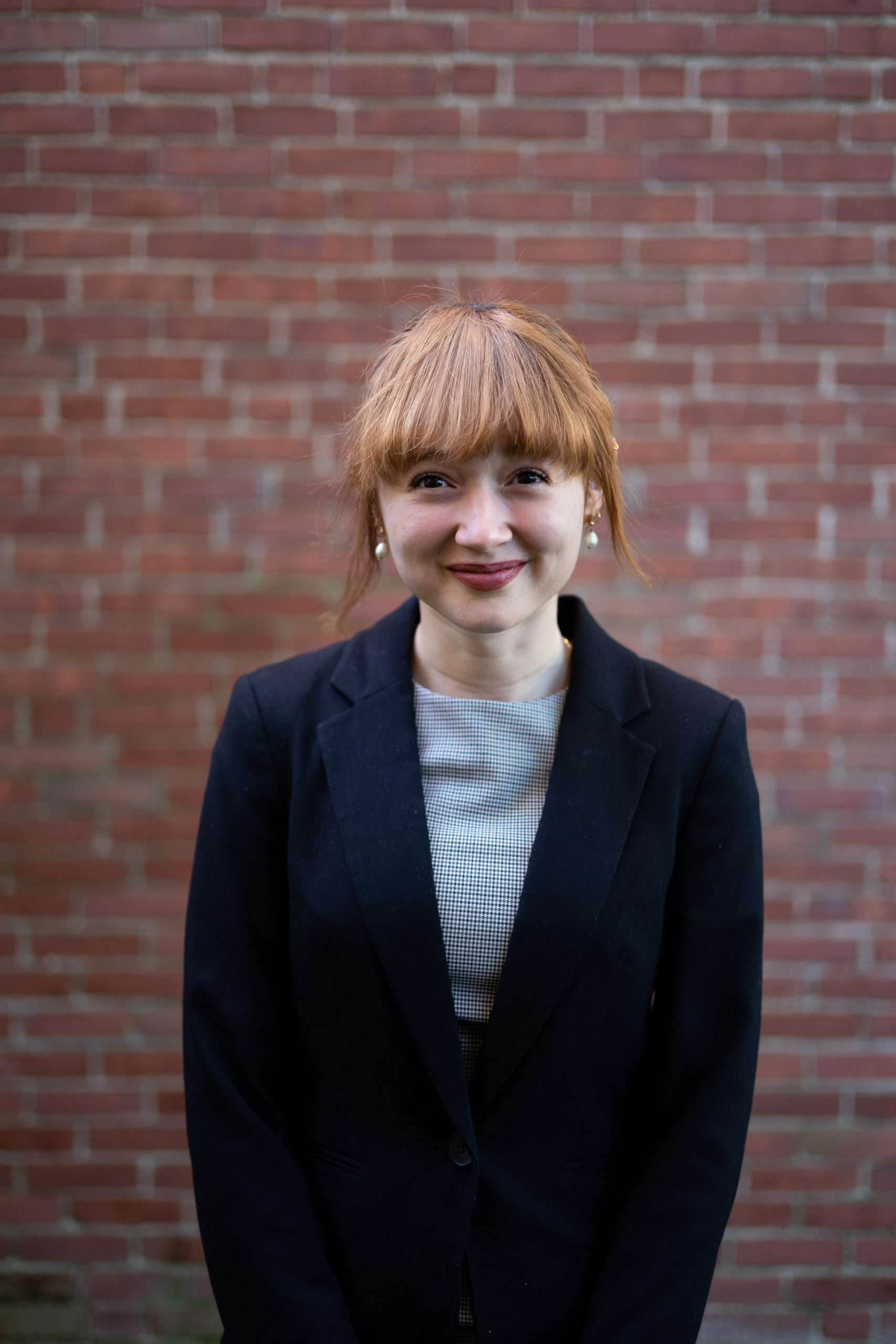
I am fully committed to engaging in child advocacy, human rights, and social justice work during and beyond my law school career. I came to law school with a background in child developmental psychology and in working with refugee youths. As a first-generation, low-income student, and as the daughter of Brazilian immigrants, I have a personal passion for working with immigrant youth and for advocating for educational equity. I am very grateful for the formal training being a Youth Advocacy & Policy Fellow provides me with, as well as the mentorship from professors, alumni, and community partners who will share their experiences with me and guide me through pursuing a career in advocating for children. I look forward to leaving law school with a network of like-minded individuals who are equally as passionate about working with children, experience working with children in the legal profession, opportunities to engage in self-reflection, and the ability to explore the role I wish to play in a child’s life.
Rebecca (Becca) Suh
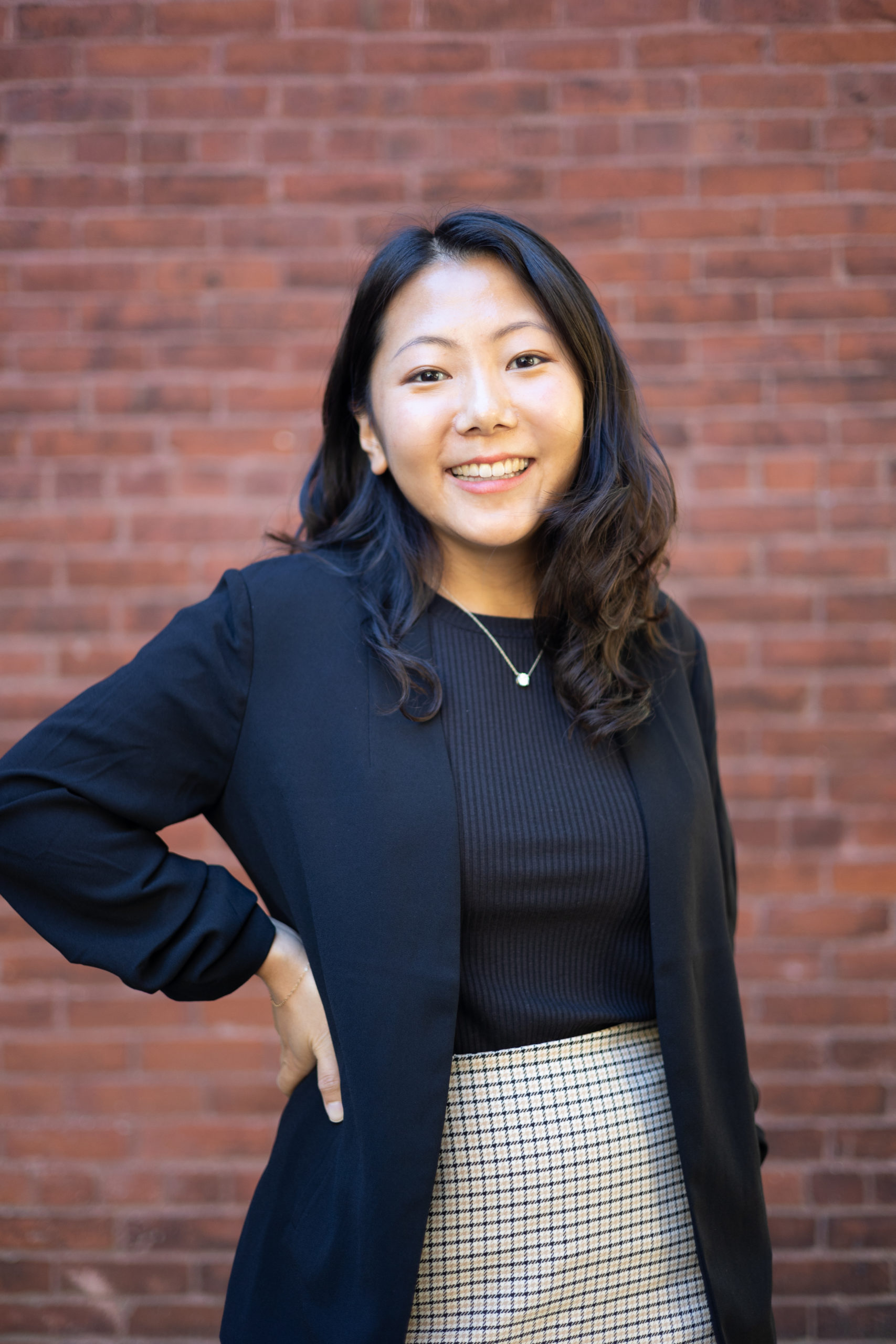
My interest in education began in high school, where I got involved with policy advocacy at my local school district. I was deeply frustrated by systemic barriers and inequities, but also inspired by the potential for change through policy. I studied public policy in undergrad and volunteered in youth-facing legal systems including family law, child welfare, and special education. The combination of these experiences led me to pursue a career in law to learn how to advocate more effectively for youth and vulnerable populations. I came into law school looking to deepen my expertise on issues affecting young people through coursework and clinical experiences, and the Youth Advocacy Fellows Program was exactly the kind of curriculum that I was looking for. In addition to the incredible learning experiences I am receiving through the Education Law and Child Advocacy Clinics, I am also exceedingly grateful to have found a community of other students who share my commitment to advocating for and empowering youth.
Katelyn Turner
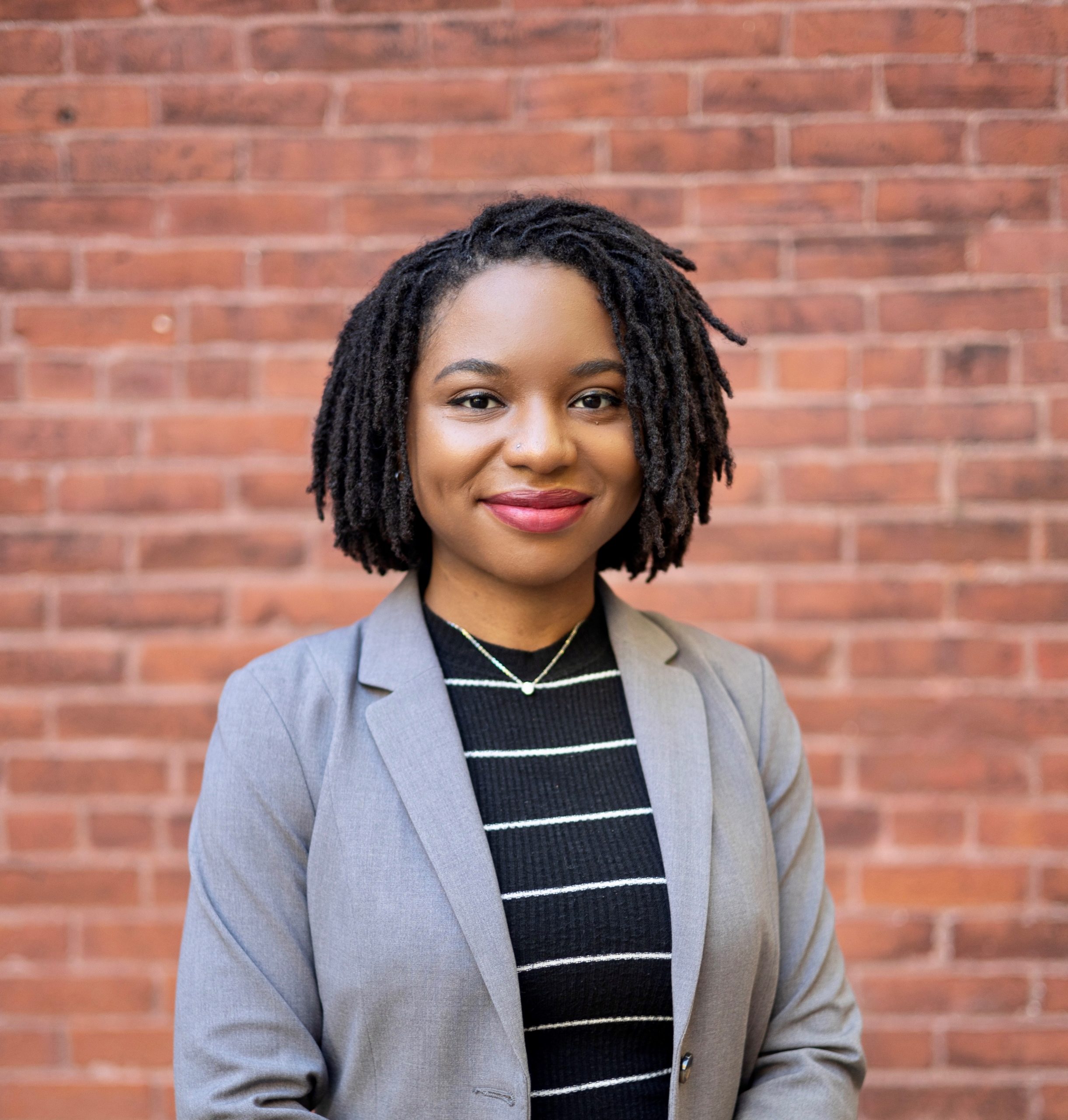
After close encounters with the Child Welfare System and the school-to-prison pipeline as an adolescent, I have been hyperaware of the systems that stigmatize black children from a young age. Because of these and other experiences born out of navigating American society with multiple marginalized identities, I have spent the entirety of my young adult life trying to equip myself with the skillset necessary to challenge and uproot inequitable, oppressive systems that target similarly marginalized folk. I decided to join the Youth Advocacy & Policy Fellows program because I aim to walk away from my legal education with antiracist methods of lawyering, a network of like-minded advocates, and the confidence that I can work alongside community members, activists, scholars, and other legal practitioners in such a manner that advances rather than hinders or stagnates the movement to end racism in all its forms. Although my passion for social justice has not focused only on children, the need to protect children—who are extremely vulnerable to societal ills and, oftentimes, cannot rely solely on the protection of their parents or other adult figures—is undeniable. This truth was illuminated throughout my 1L year, during which I conducted research on and engaged school districts across the United States to discuss data privacy violations endangering K-12 students, particularly those of color. As such, I am excited to take part in a program that utilizes a multidimensional approach geared towards helping the most vulnerable youth thrive.
Class of 2025 Fellows
Aashna Avachat
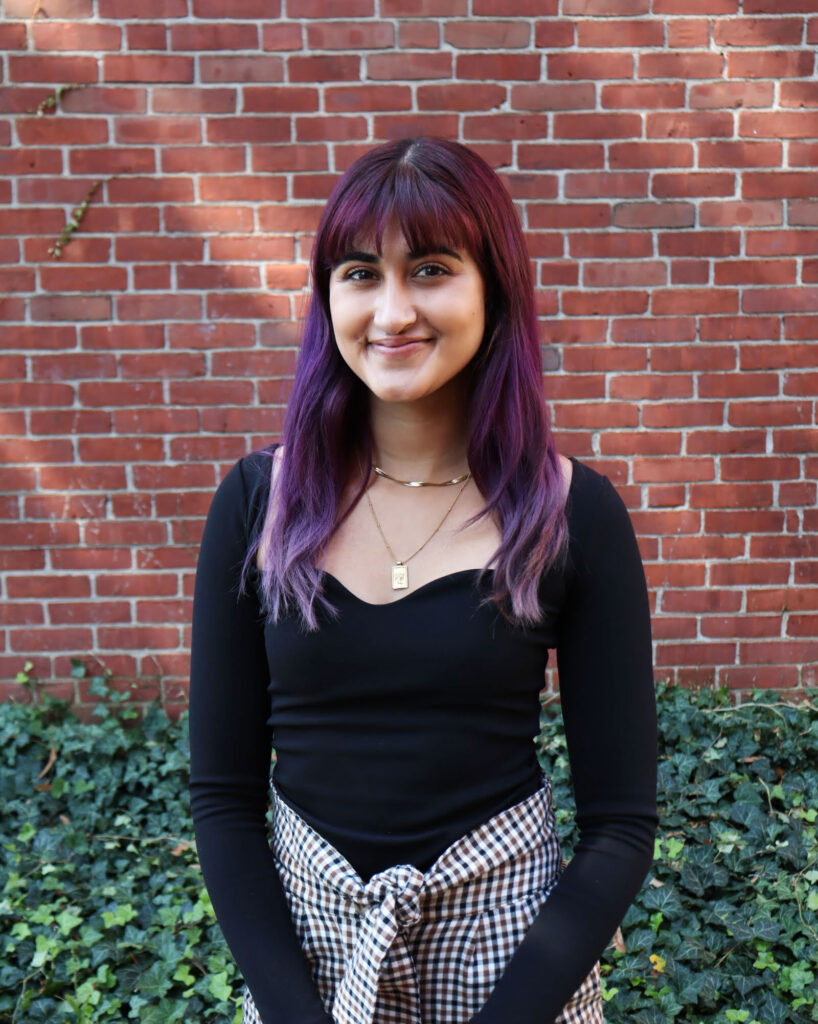 I’m a 2L at HLS, focusing my studies on the intersections between the criminal legal system and juvenile advocacy. I’m a member of Harvard Defenders, Harvard Women’s Law Association, and Harvard’s South Asian Law Student Association. This past summer, I did juvenile delinquency work at the New York Legal Aid Society, in their Juvenile Rights Practice. Outside of law school, I work in children’s publishing as an author and editorial assistant.
I’m a 2L at HLS, focusing my studies on the intersections between the criminal legal system and juvenile advocacy. I’m a member of Harvard Defenders, Harvard Women’s Law Association, and Harvard’s South Asian Law Student Association. This past summer, I did juvenile delinquency work at the New York Legal Aid Society, in their Juvenile Rights Practice. Outside of law school, I work in children’s publishing as an author and editorial assistant.
Sarah Berton
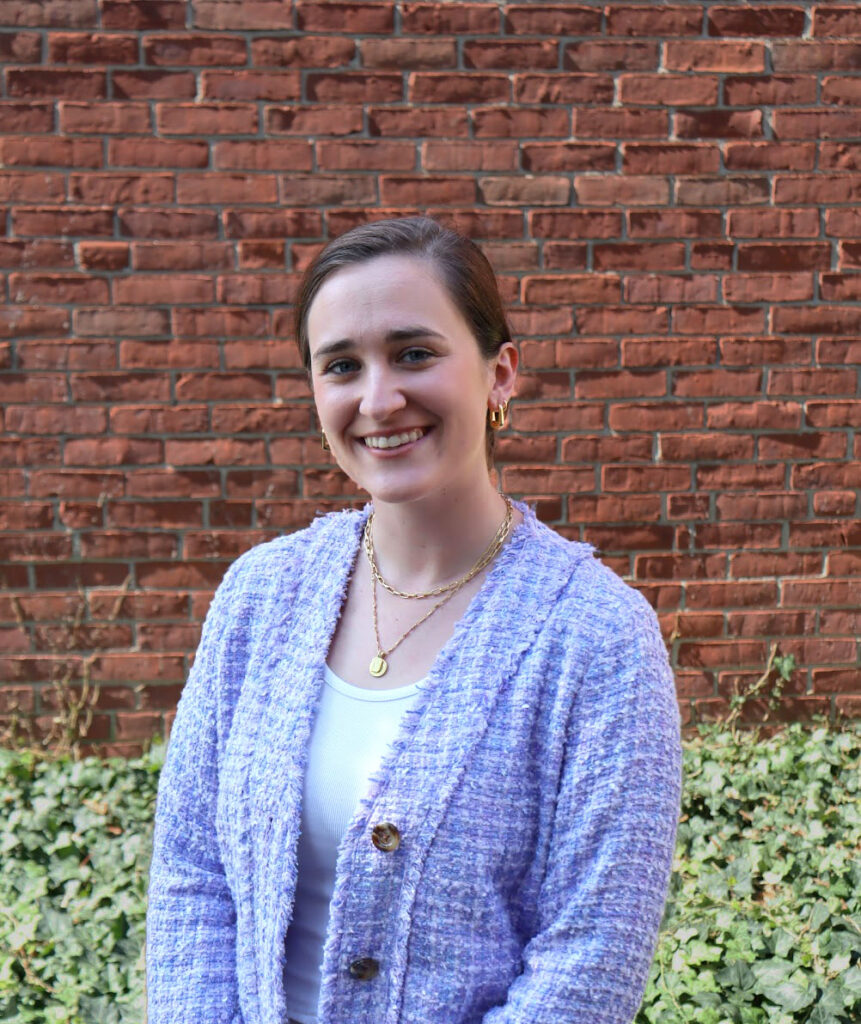 After conducting education research in undergrad and spending a few years as a paralegal, I came to law school to become an advocate for educational equity. In my first year at HLS, I took Professor Gregory’s reading group on Racism and Trauma in American Public Education, learned about other child-facing systems in Art of Social Change, and connected with other passionate students passionate through Y-Lab’s mentorship program. Youth are often unfairly and disproportionately impacted by unjust systems, and they are also central to any movement for system-level change. I am excited to be a part of the Y-Lab’s Fellows Program to develop as an advocate while working with my peers to center and empower youth voices in the fight for social change.
After conducting education research in undergrad and spending a few years as a paralegal, I came to law school to become an advocate for educational equity. In my first year at HLS, I took Professor Gregory’s reading group on Racism and Trauma in American Public Education, learned about other child-facing systems in Art of Social Change, and connected with other passionate students passionate through Y-Lab’s mentorship program. Youth are often unfairly and disproportionately impacted by unjust systems, and they are also central to any movement for system-level change. I am excited to be a part of the Y-Lab’s Fellows Program to develop as an advocate while working with my peers to center and empower youth voices in the fight for social change.
Sunah Chang
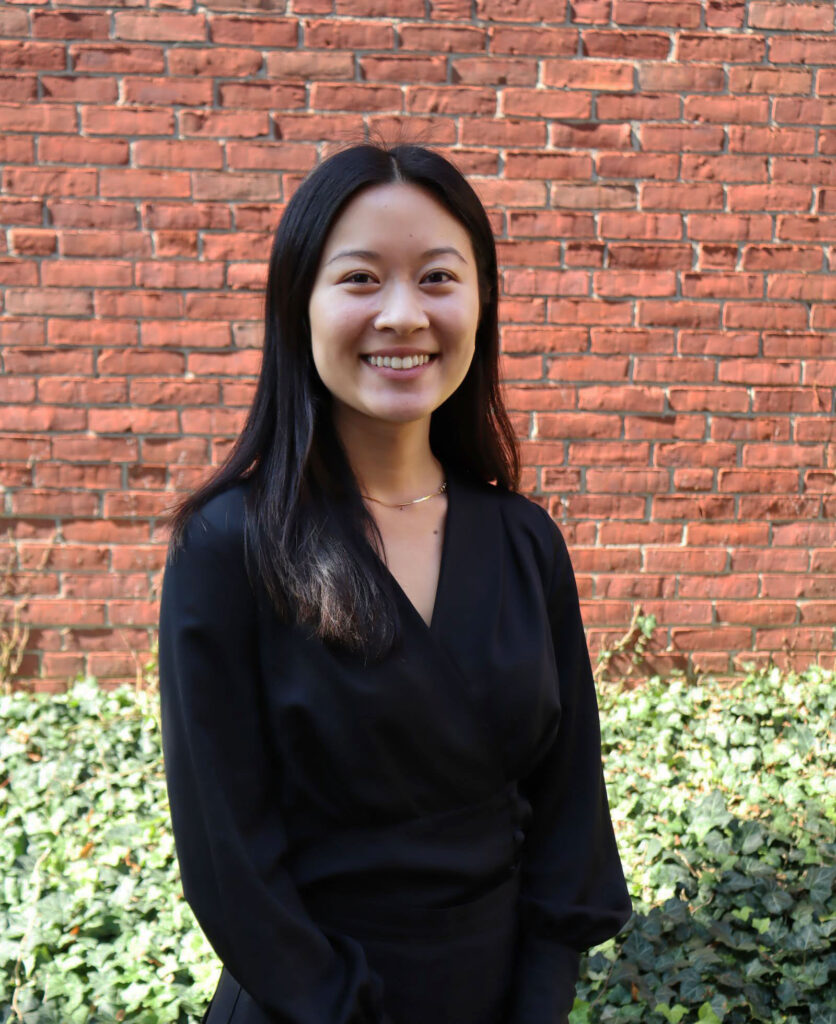 I came to law school with the goal of using my legal degree to fight for the educational rights of all young people. My interests in educational advocacy work stem from my own experiences growing up in an immigrant household and attending a struggling public elementary school. Witnessing the gaps in our education system firsthand has informed my desire to serve youth of all backgrounds and to push for a more equitable education system. After spending my 1L summer interning with Advocates for Children of New York, a nonprofit centered on protecting the rights of students with disabilities, I have grown even more committed to child advocacy work. I am excited to enhance my understanding of youth-facing legal systems as a Youth Advocacy Fellow and to grow with a community of passionate and inspiring students and faculty.
I came to law school with the goal of using my legal degree to fight for the educational rights of all young people. My interests in educational advocacy work stem from my own experiences growing up in an immigrant household and attending a struggling public elementary school. Witnessing the gaps in our education system firsthand has informed my desire to serve youth of all backgrounds and to push for a more equitable education system. After spending my 1L summer interning with Advocates for Children of New York, a nonprofit centered on protecting the rights of students with disabilities, I have grown even more committed to child advocacy work. I am excited to enhance my understanding of youth-facing legal systems as a Youth Advocacy Fellow and to grow with a community of passionate and inspiring students and faculty.
Elizabeth Coughlin
Maggie Hopkins
Working for and with young people is one of the reasons I came to Harvard Law School, and the Youth Advocacy and Policy Fellows Program keeps me connected to this motivation. My first experience with the legal system came as a child when a guardian ad litem was appointed to protect my interests in court. I quickly recognized the importance of giving young people a voice, and I worked to do the same through my roles as a summer camp counselor for students with special needs; a Big Sister through Big Brothers Big Sisters; an English teacher in Germany through the Fulbright Scholars Program; and a fundraiser for Court Appointed Special Advocates (CASA). After 1L, I spent my summer in a U.S. Attorney’s Office working specifically on child exploitation prosecution. Through Y-Lab, I hope to continue exploring my interests in child welfare, while also learning about youth-facing legal systems and structures (such as the school-to-prison pipeline, anti-racist and trauma-sensitive education, and juvenile justice) that demand intentional and thoughtful engagement.
Anu Joy
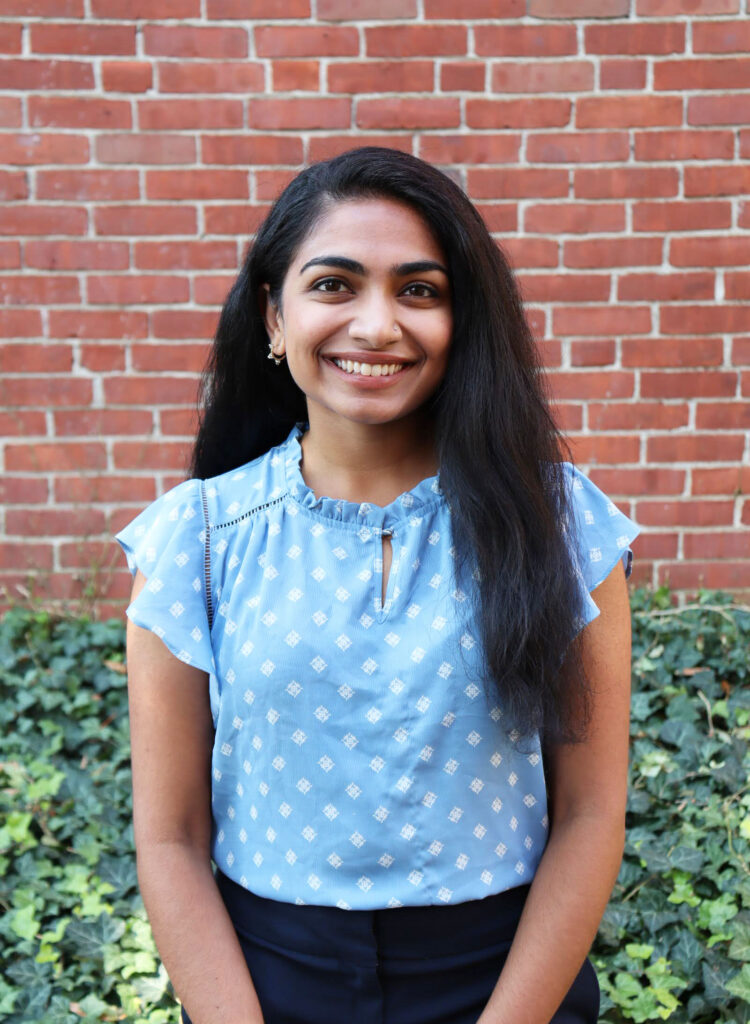 Interested in education policy prior to law school, I came to HLS wanting to understand how to become a better advocate. I grew up in a family of educators who always emphasized the value of education. However, it wasn’t lost on me that due to biases and structural factors, many children from marginalized communities do not have access to a high-quality education simply because of their demographic characteristics. In undergrad, I had the opportunity to work with a number of educational stakeholders and analyze the differential impact of the pandemic on educational achievement in my thesis, but I was left wondering what I can do to change this reality. Being a part of the Youth Advocacy Fellows program will allow me to understand how to use law as a tool to give every child the opportunity to learn. I will be able to gain an intersectional perspective in child advocacy, while engaging in tangible work in the space with peers who share my passions. I hope to work in the education law space after law school doing both litigation and policy work to create equitable opportunities for high-quality education.
Interested in education policy prior to law school, I came to HLS wanting to understand how to become a better advocate. I grew up in a family of educators who always emphasized the value of education. However, it wasn’t lost on me that due to biases and structural factors, many children from marginalized communities do not have access to a high-quality education simply because of their demographic characteristics. In undergrad, I had the opportunity to work with a number of educational stakeholders and analyze the differential impact of the pandemic on educational achievement in my thesis, but I was left wondering what I can do to change this reality. Being a part of the Youth Advocacy Fellows program will allow me to understand how to use law as a tool to give every child the opportunity to learn. I will be able to gain an intersectional perspective in child advocacy, while engaging in tangible work in the space with peers who share my passions. I hope to work in the education law space after law school doing both litigation and policy work to create equitable opportunities for high-quality education.
Sophie Lenihan
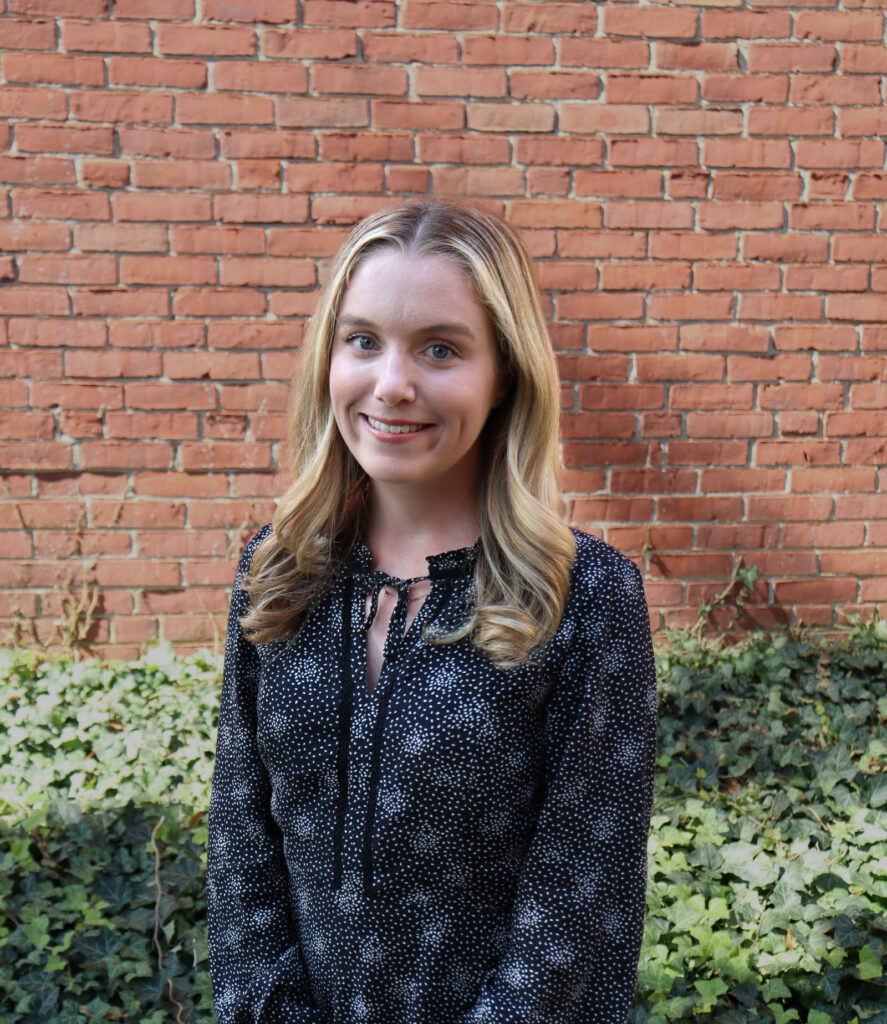 As an aspiring educational advocate, I am deeply committed to expanding access to high-quality education for all students through impact litigation and policy advocacy. My passion for education was ignited when I investigated the legacy of Brown v. Board of Education for a research project in my senior year of high school. Since then, my academic, volunteer, and work experiences have been devoted to tackling the persistent racial achievement gaps that plague our education system by increasing access to quality education for students of color. I chose to attend law school to acquire the legal tools to dismantle systematic barriers to education and expand my impact as an effective advocate for all students. I am honored to be a part of the Youth Advocacy & Policy Fellows Program to develop my expertise in the field of youth advocacy, receive individualized advising and mentoring, and join a community of other law students interested in this work.
As an aspiring educational advocate, I am deeply committed to expanding access to high-quality education for all students through impact litigation and policy advocacy. My passion for education was ignited when I investigated the legacy of Brown v. Board of Education for a research project in my senior year of high school. Since then, my academic, volunteer, and work experiences have been devoted to tackling the persistent racial achievement gaps that plague our education system by increasing access to quality education for students of color. I chose to attend law school to acquire the legal tools to dismantle systematic barriers to education and expand my impact as an effective advocate for all students. I am honored to be a part of the Youth Advocacy & Policy Fellows Program to develop my expertise in the field of youth advocacy, receive individualized advising and mentoring, and join a community of other law students interested in this work.
Leela Mennillo
Megan Patel
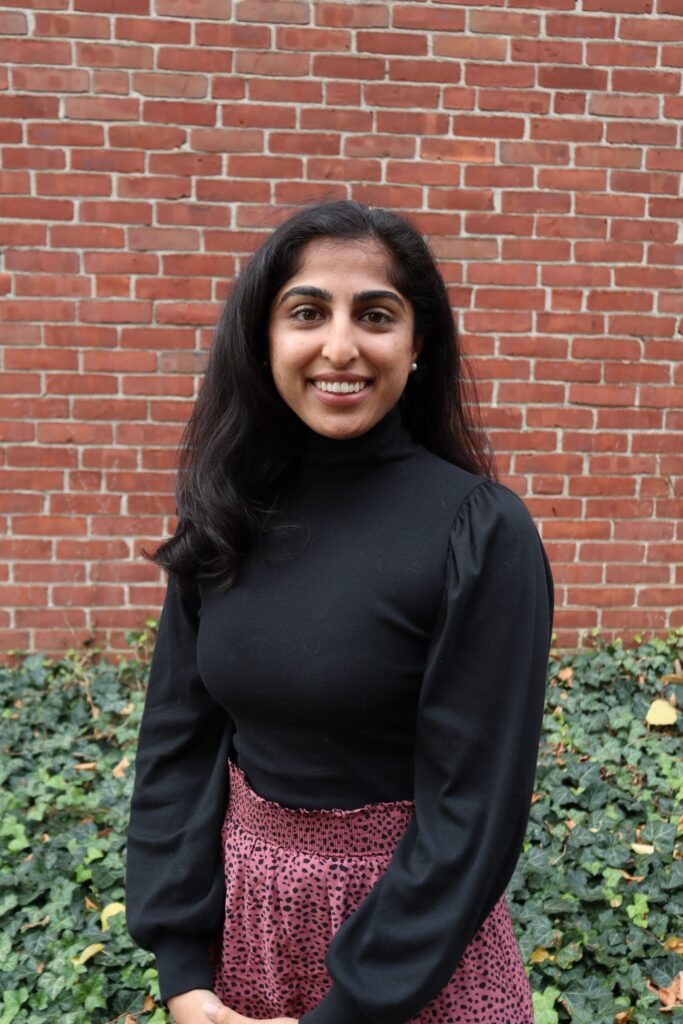 I came to law school because I want to use my legal education to ensure all youth have access to the equalizing power of our education system. Through my work at the U.S Department of Justice’s Civil Rights Division, I saw the myriad ways educational institutions create policies and practices that harm students of color, limited English proficient students, and LGBT students. After my first year of law school, I spent the summer working on issues of student harassment and discriminatory school discipline practices at the National Women’s Law Center. As a Youth Advocacy Fellow, I am eager to deepen my understanding of youth-facing legal systems, engage in youth-led advocacy, and learn how to dismantle systems of power that harm marginalized youth.
I came to law school because I want to use my legal education to ensure all youth have access to the equalizing power of our education system. Through my work at the U.S Department of Justice’s Civil Rights Division, I saw the myriad ways educational institutions create policies and practices that harm students of color, limited English proficient students, and LGBT students. After my first year of law school, I spent the summer working on issues of student harassment and discriminatory school discipline practices at the National Women’s Law Center. As a Youth Advocacy Fellow, I am eager to deepen my understanding of youth-facing legal systems, engage in youth-led advocacy, and learn how to dismantle systems of power that harm marginalized youth.
Lindsey Powell
 I was homeschooled for most of my education. While my own parents were loving and well-intended, I witnessed horrific cases of abuse and neglect (both physical and educational) in the homeschool community. Like most important questions, there is great nuance in the arguments on both sides of the homeschool policy reform debate. The Youth Advocacy & Policy Lab provides me with the skills and perspective necessary to analyze these arguments and evaluate avenues for reform. Regardless of how I spend my career, I will make it a priority to help make homeschooling safe. This may come in the form of pro-bono work, academia, or simply using my education to help individual students escape dangerous situations.
I was homeschooled for most of my education. While my own parents were loving and well-intended, I witnessed horrific cases of abuse and neglect (both physical and educational) in the homeschool community. Like most important questions, there is great nuance in the arguments on both sides of the homeschool policy reform debate. The Youth Advocacy & Policy Lab provides me with the skills and perspective necessary to analyze these arguments and evaluate avenues for reform. Regardless of how I spend my career, I will make it a priority to help make homeschooling safe. This may come in the form of pro-bono work, academia, or simply using my education to help individual students escape dangerous situations.
Bobby Stroup
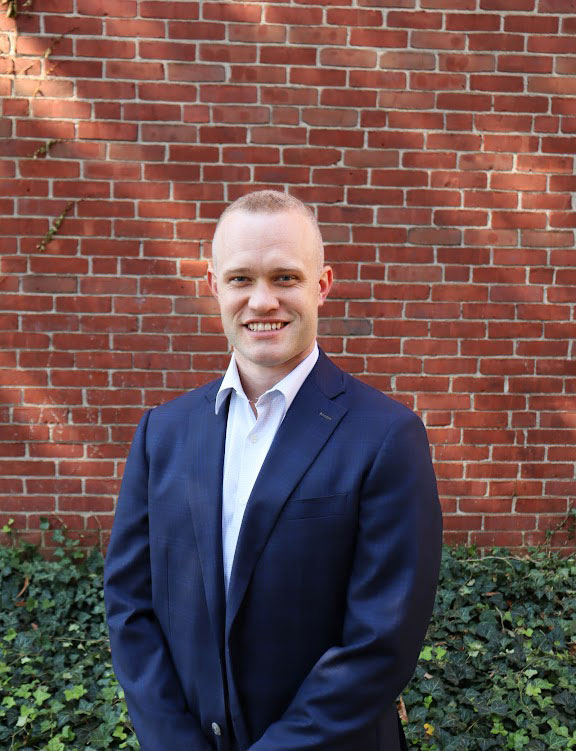 I applied to the Y-Lab Fellows Program, because I wanted to join a community of people dedicated to advocating for some of the most vulnerable people in our society, a mission that has long been deeply important to my family and me. At a young age, my mother was removed from a bad home situation and ended up living at a children’s home until graduating high school. Since then, she has been a passionate advocate for children, vocationally as a teacher and in other ways in her personal life. I also have many other educators in my family who have similarly inspired me to support society’s youth.
I applied to the Y-Lab Fellows Program, because I wanted to join a community of people dedicated to advocating for some of the most vulnerable people in our society, a mission that has long been deeply important to my family and me. At a young age, my mother was removed from a bad home situation and ended up living at a children’s home until graduating high school. Since then, she has been a passionate advocate for children, vocationally as a teacher and in other ways in her personal life. I also have many other educators in my family who have similarly inspired me to support society’s youth.
Though I have pursued this passion more informally by volunteering with a variety of organizations over the years, I am now hoping to develop my skills and understanding on a professional level. I don’t know exactly how serving youth will manifest in my career, but I do know I want to be well equipped for whatever opportunities may come.
